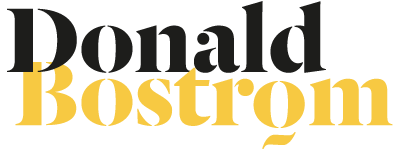Inshallah
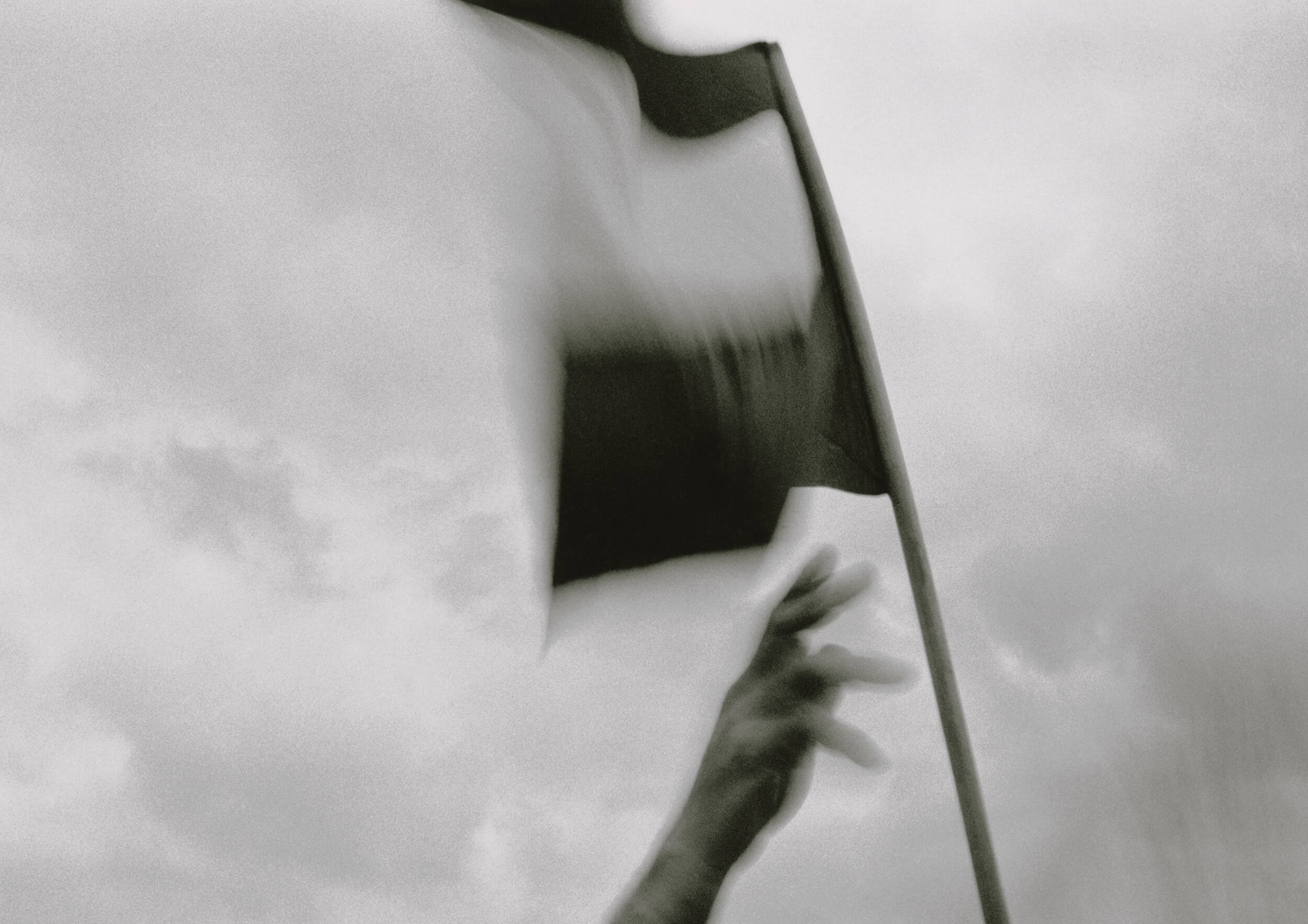
Palestinian demonstration in Greece after Israel bombed the PLO ship that were supposed to bring deported Palestinians from Athens back to Haifa in Israel.
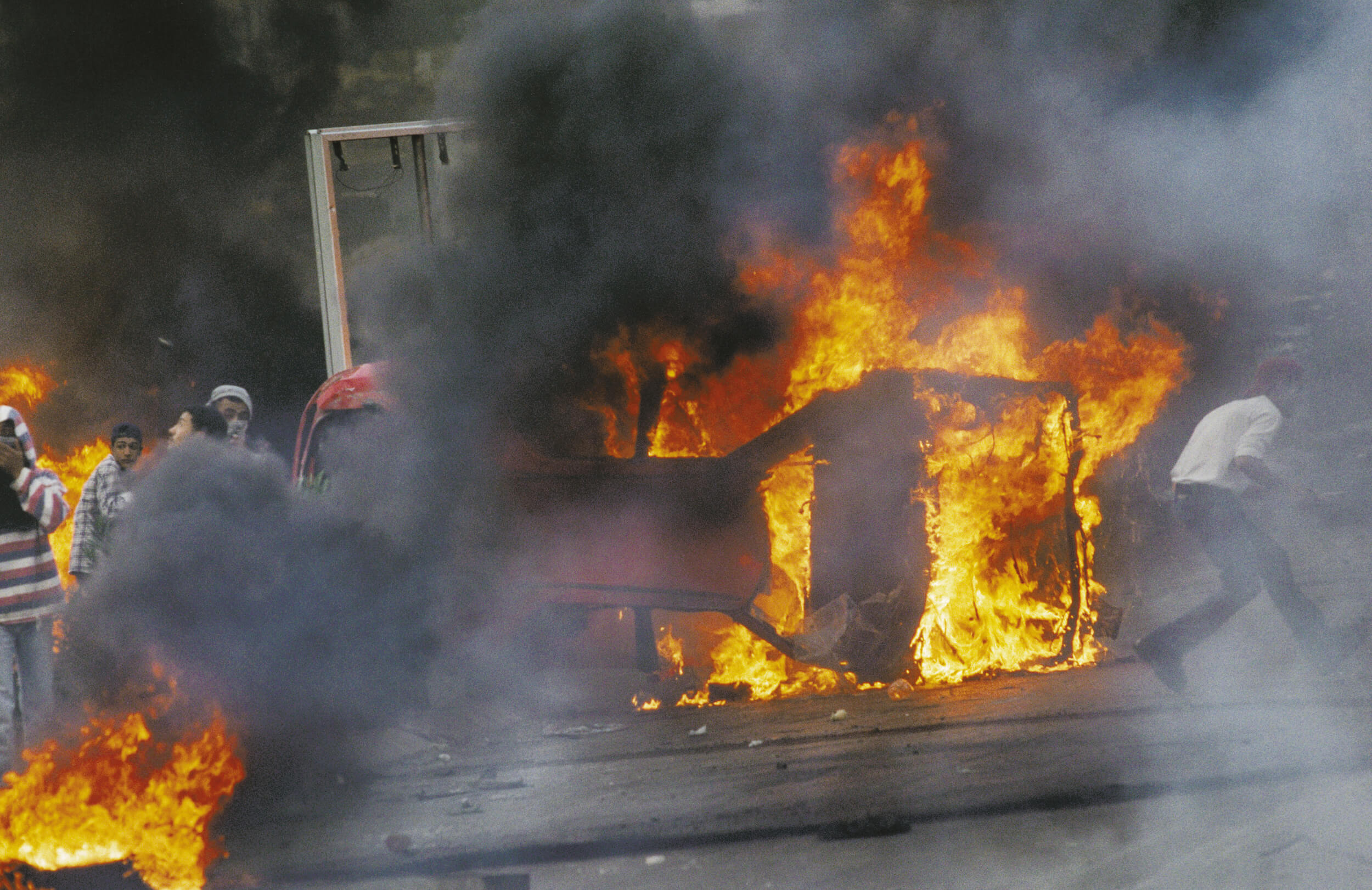
Ramallah. Second Intifada.
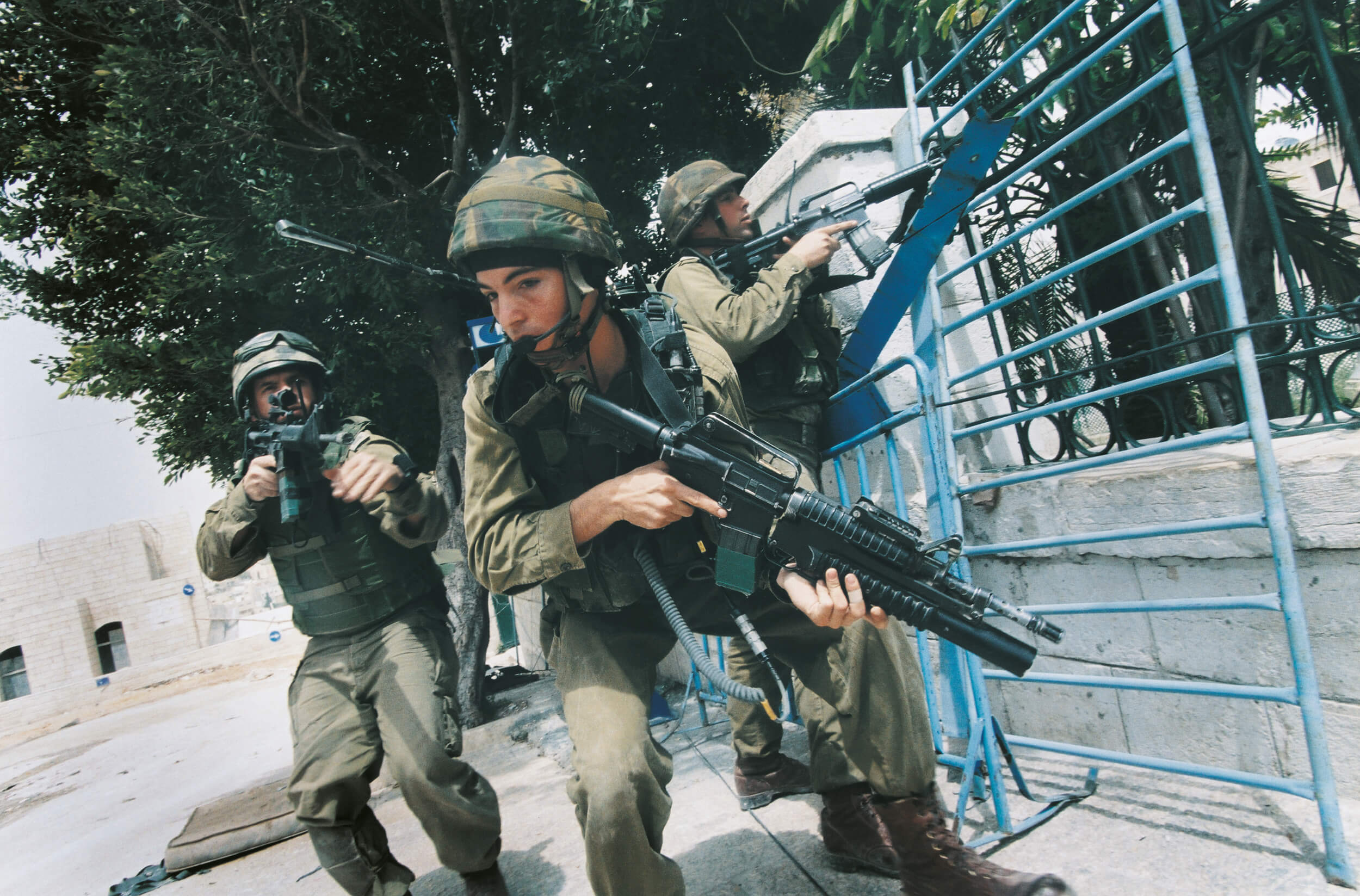
Betlehem, Second Intifada.
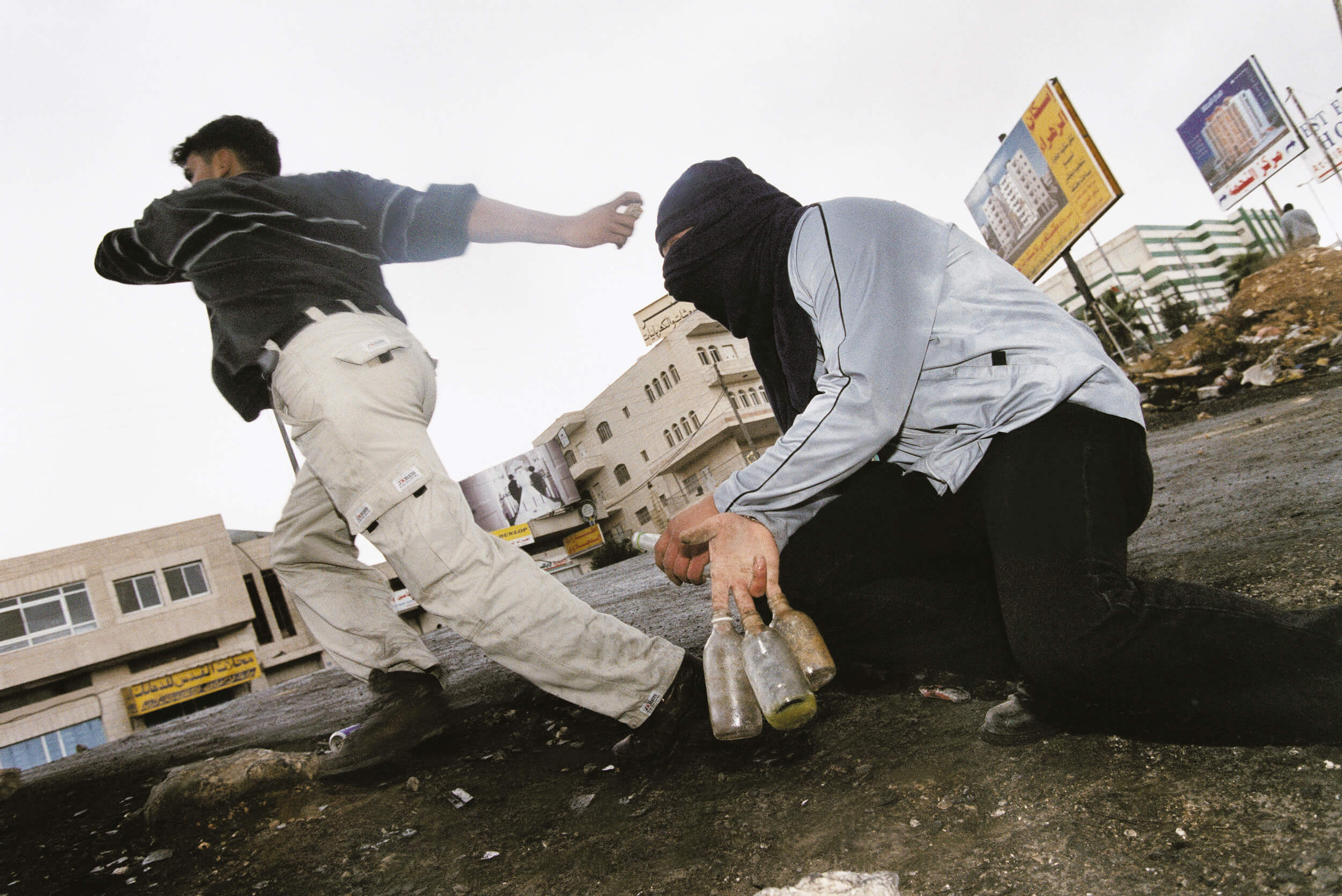
Ramallah. Second Intifada.
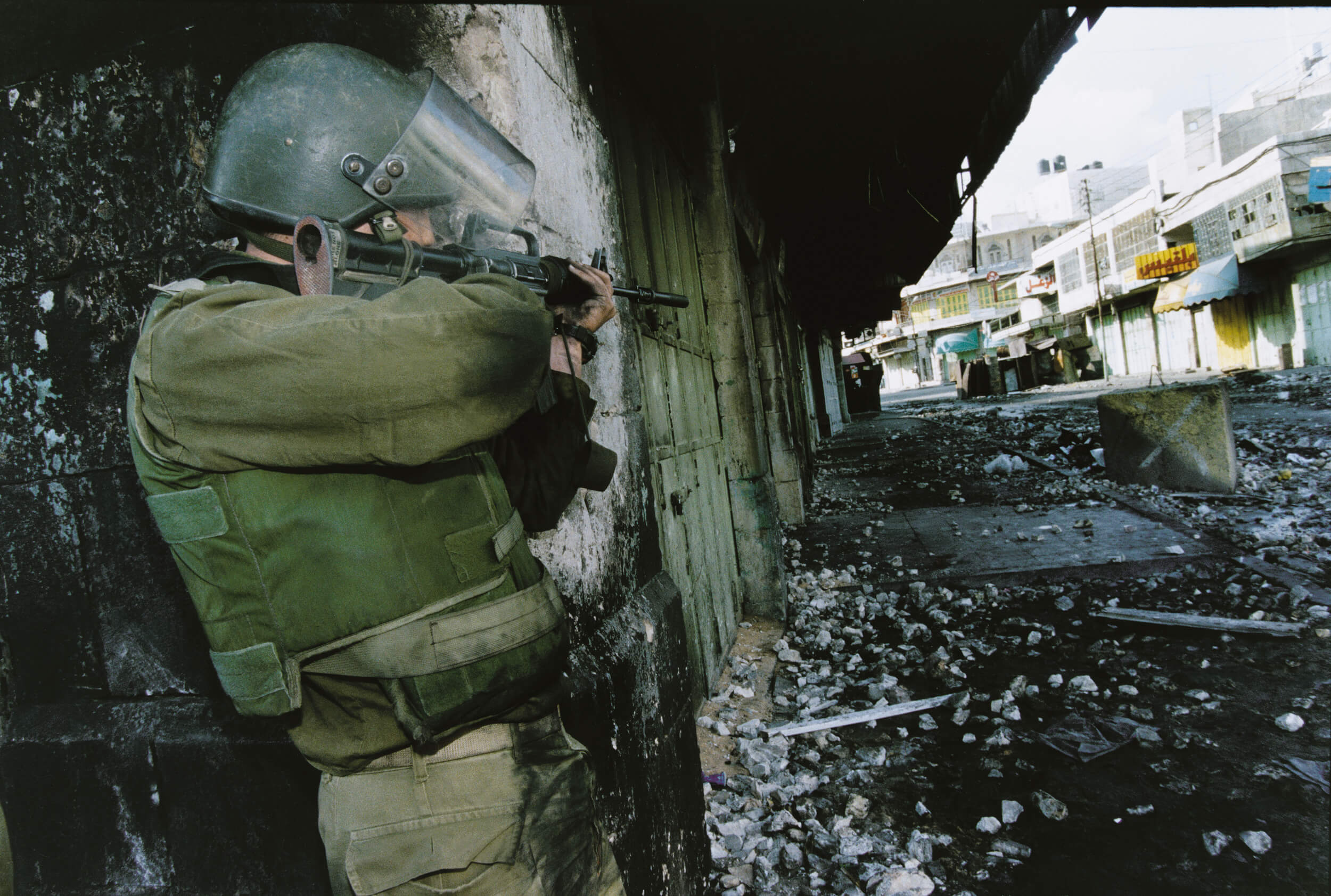
Hebron. Second Intifada.
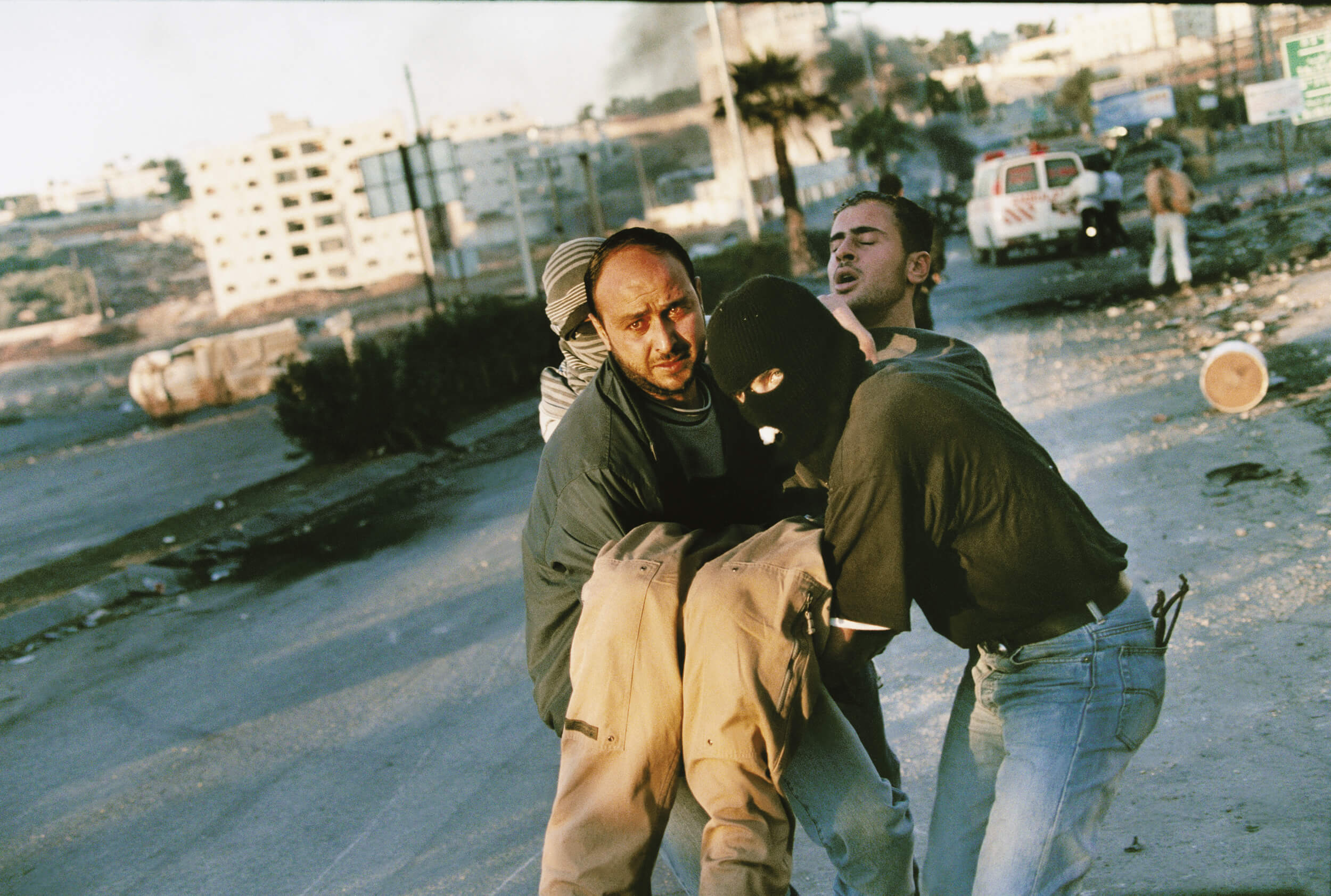
Ramallah. Second Intifada November 2000.
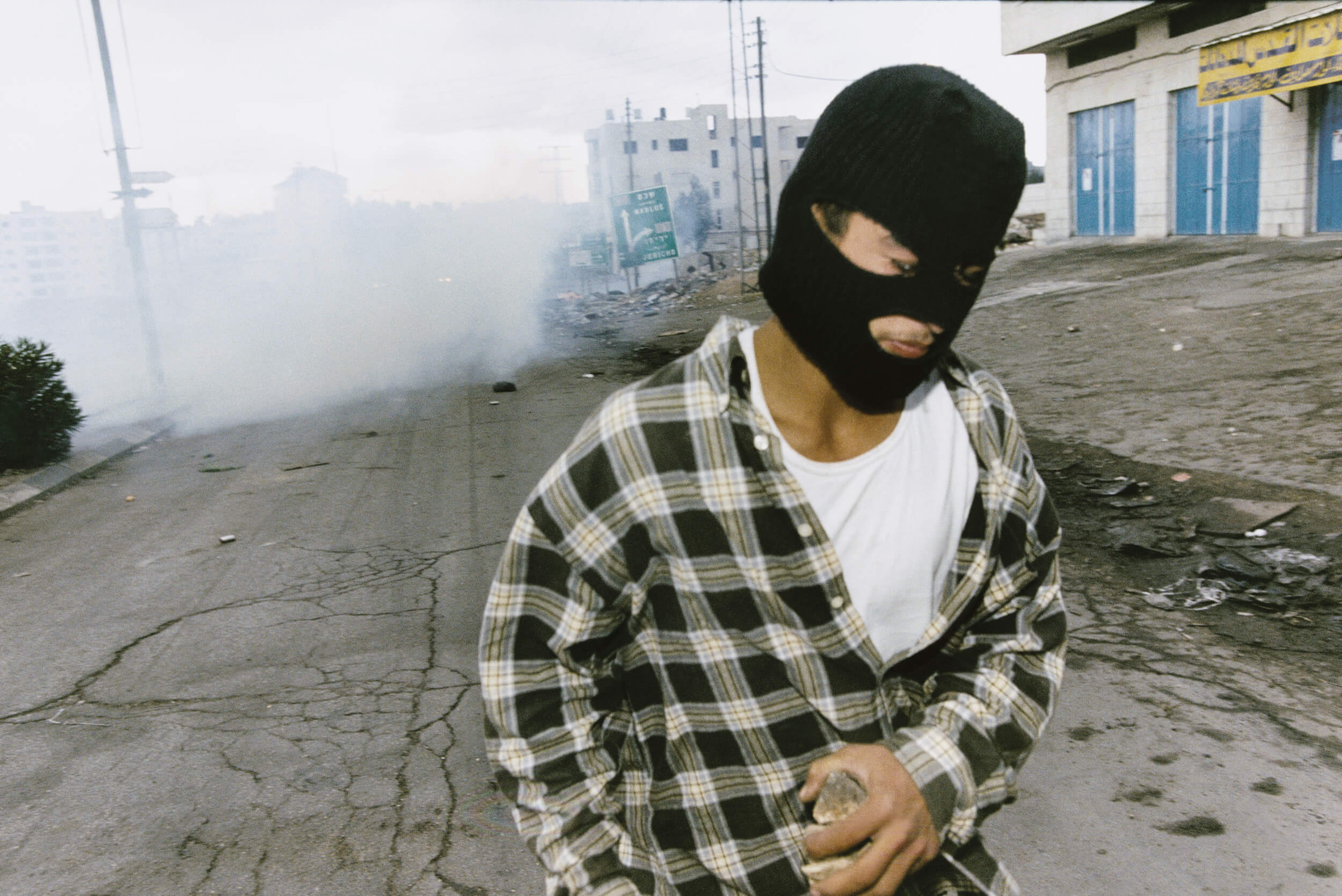
Ramallah. Second Intifada November 2000.
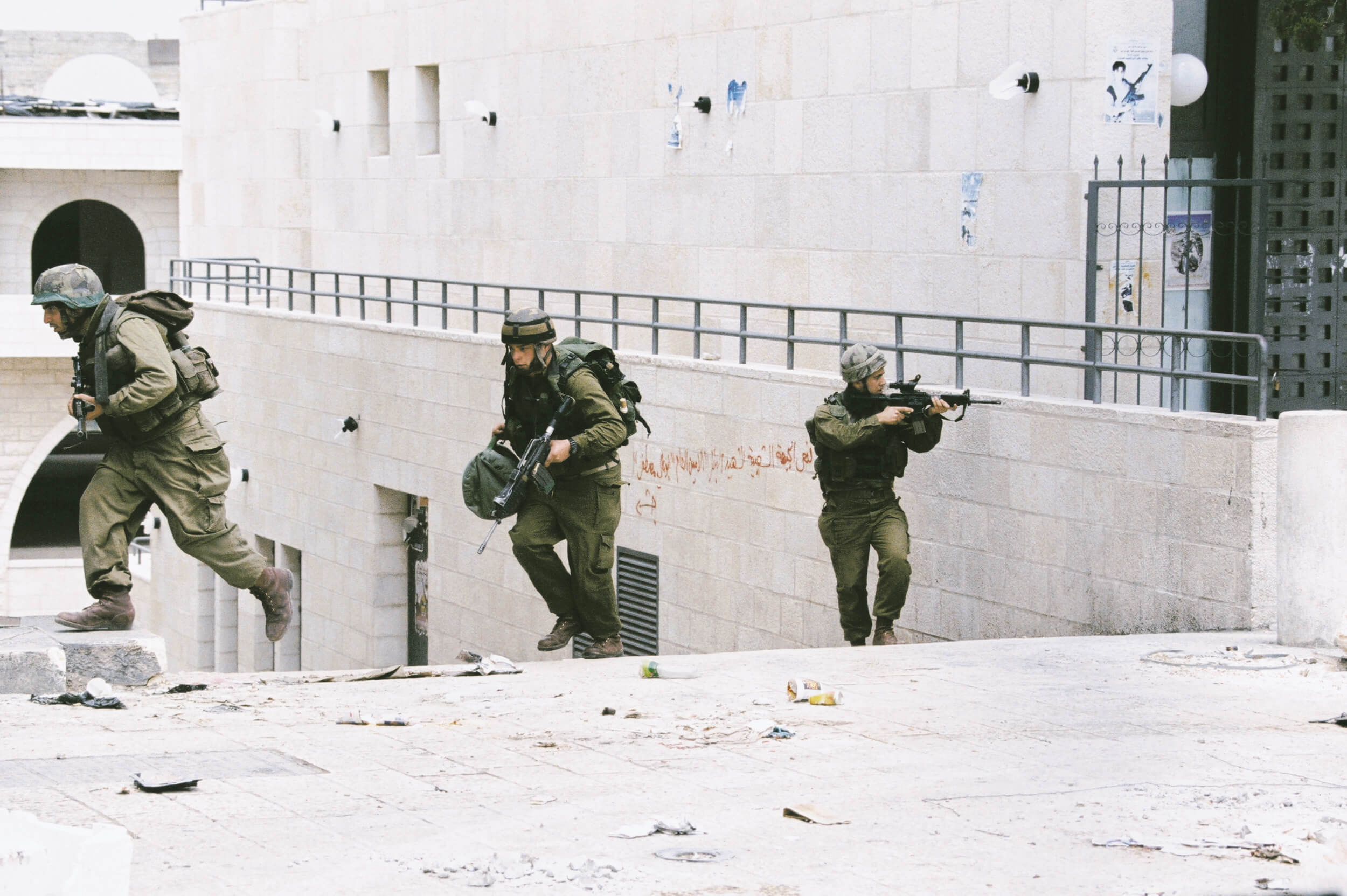
Betlehem. Second Intifada.
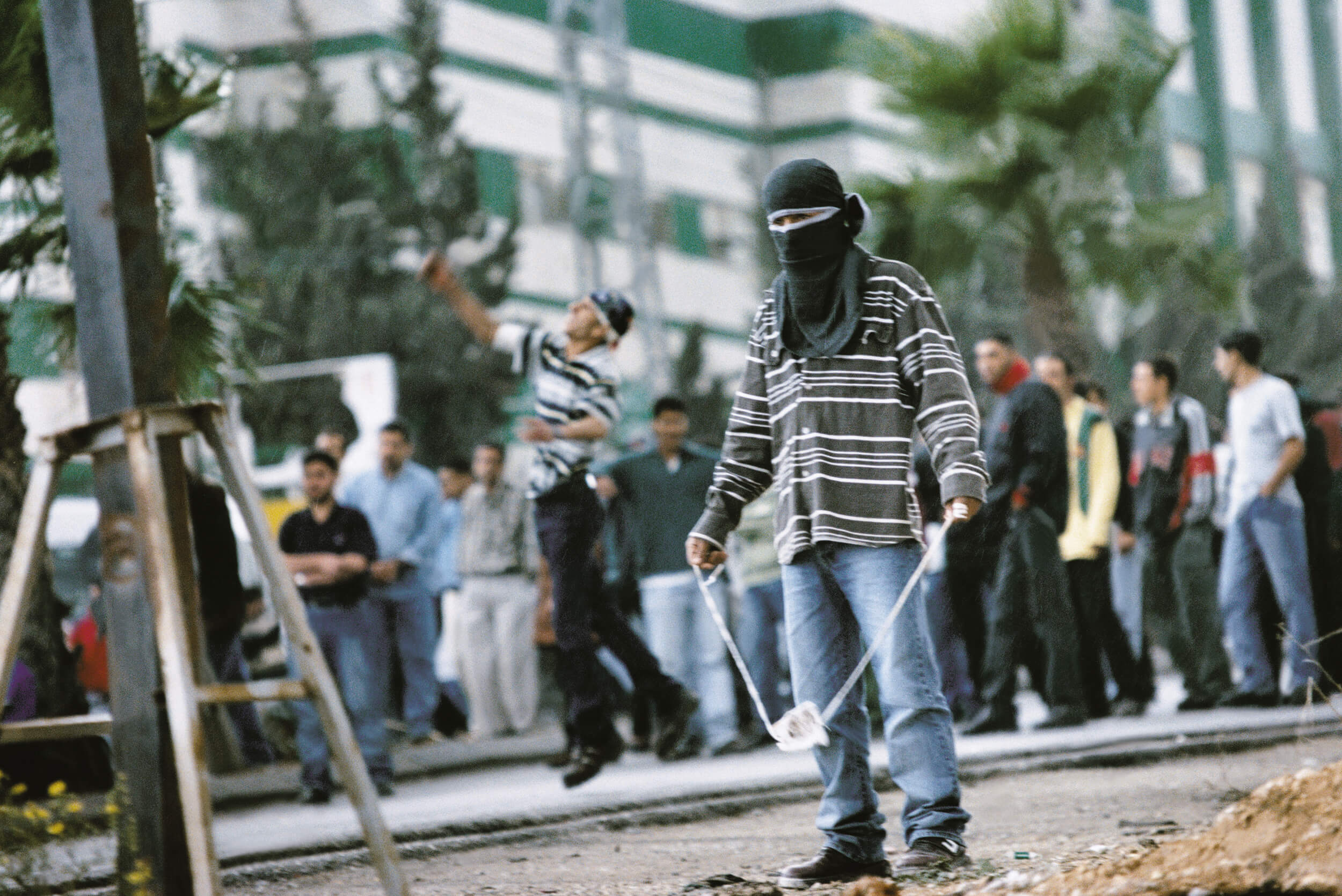
Ramallah. Second Intifada.
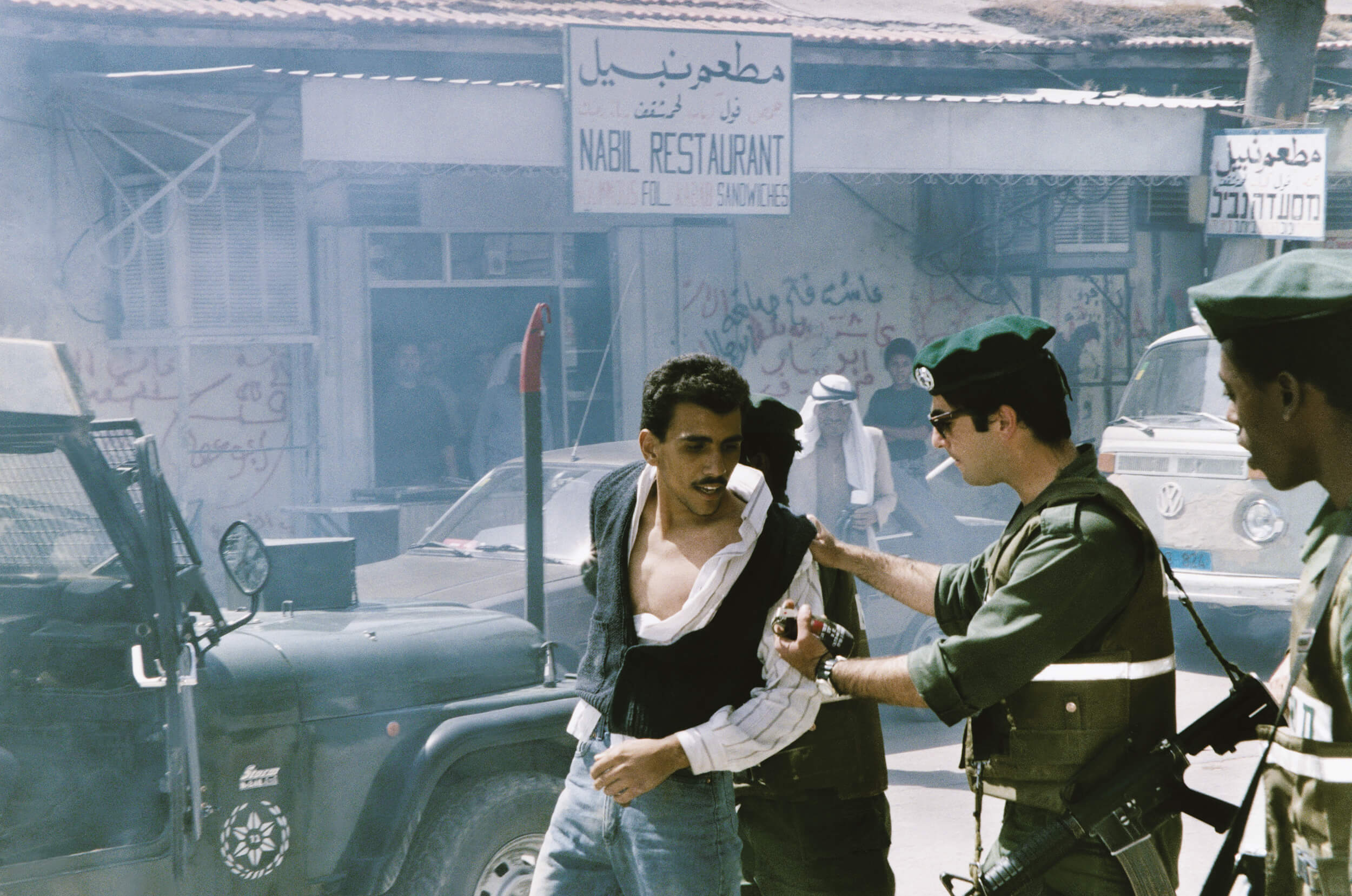
Jericho. First intifada.
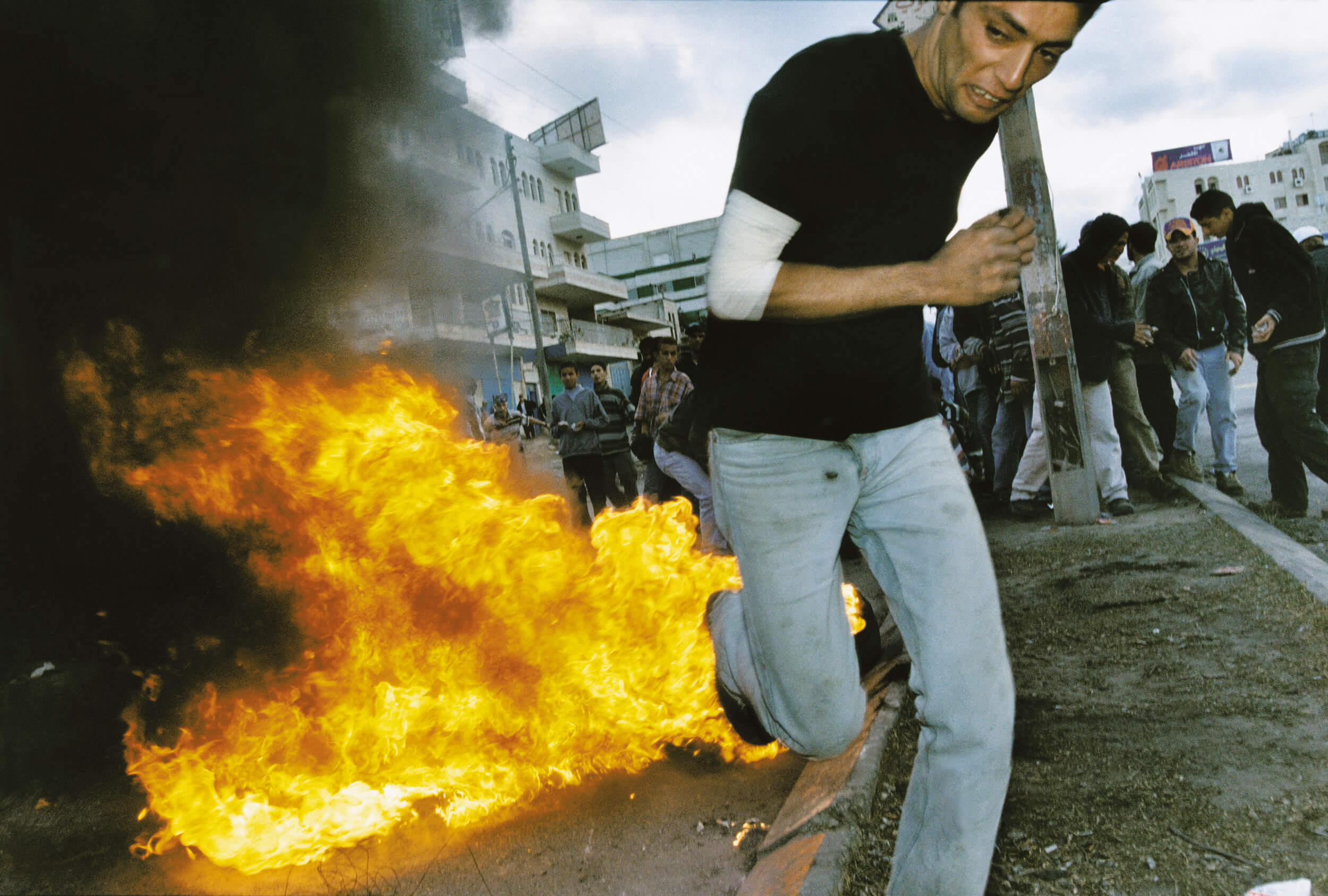
Ramallah. Second Intifada.
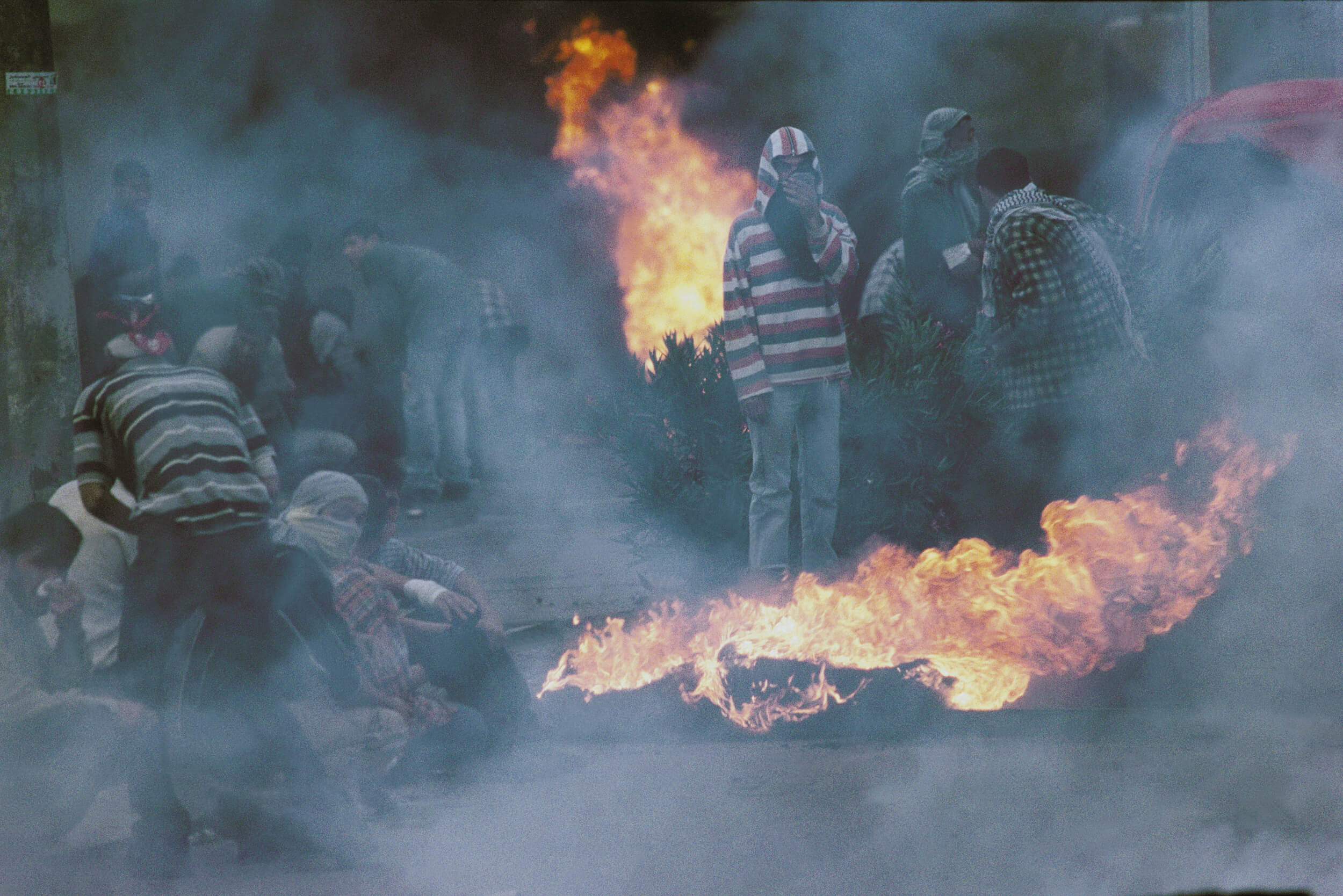
Ramallah. Second Intifada.
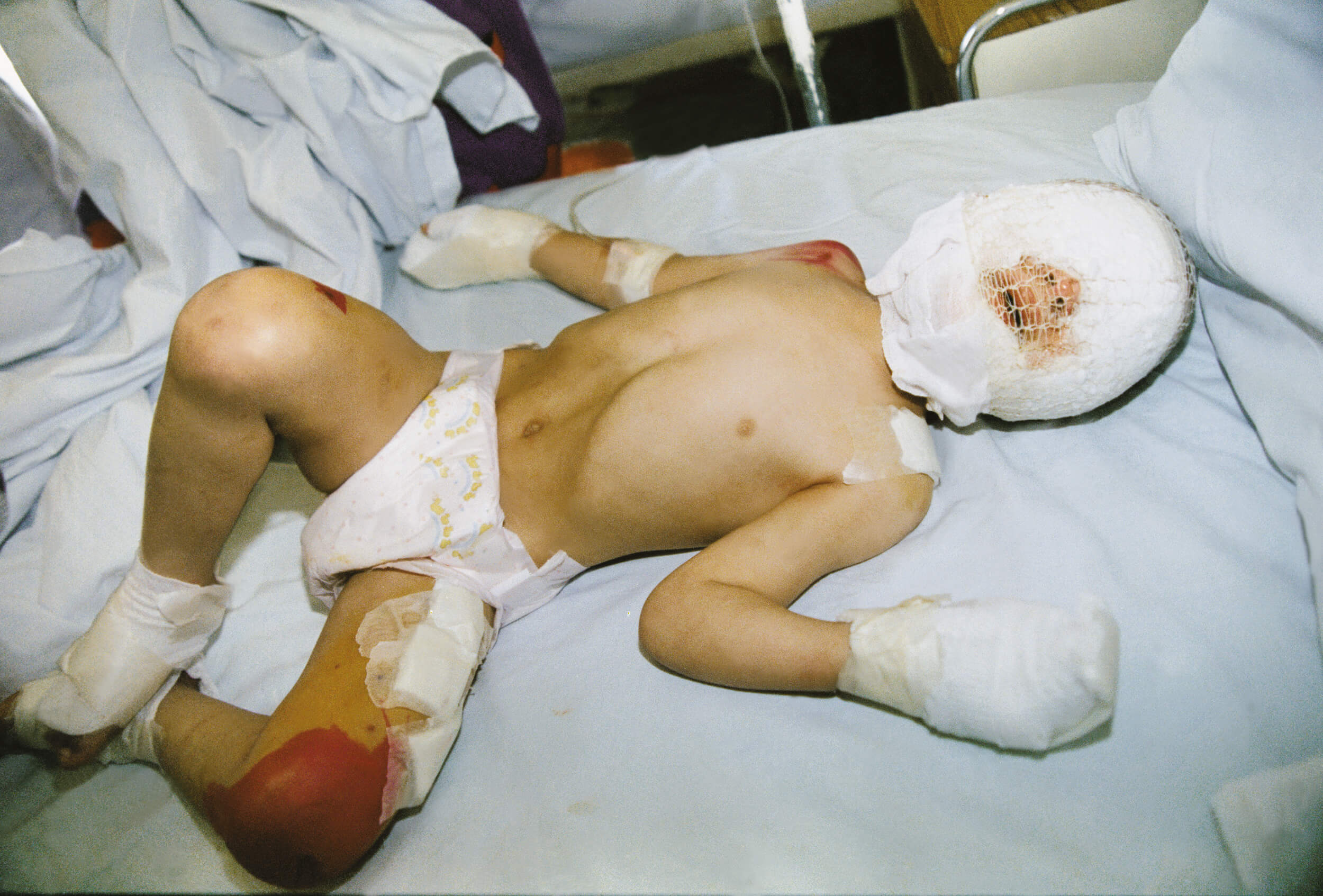
Lebanon. Four-year-old Ali became parental after Israel's bombing of the UN-camp in Kaana.
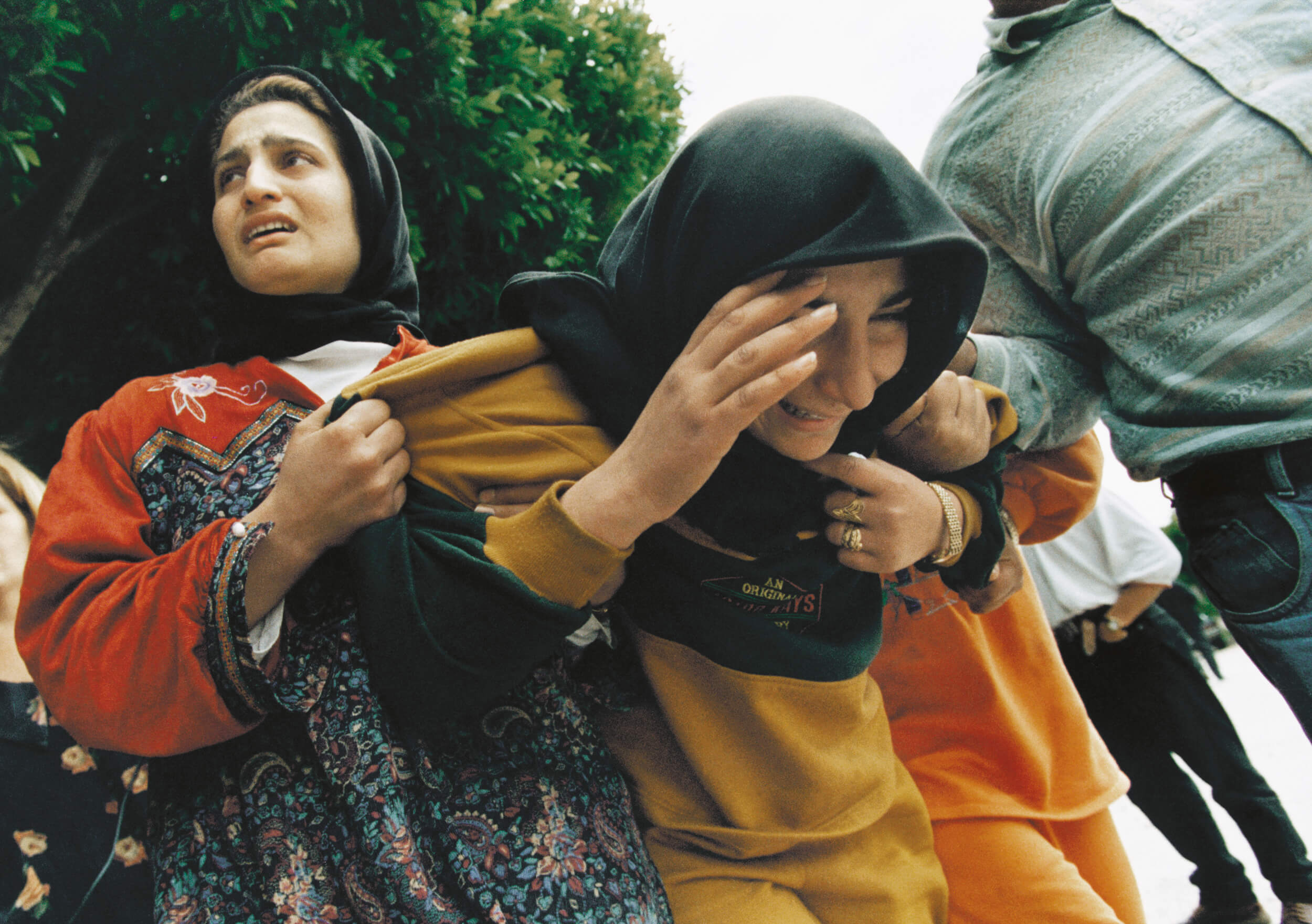
Her whole family died when Israel bombed the UN-camp in Kaana.
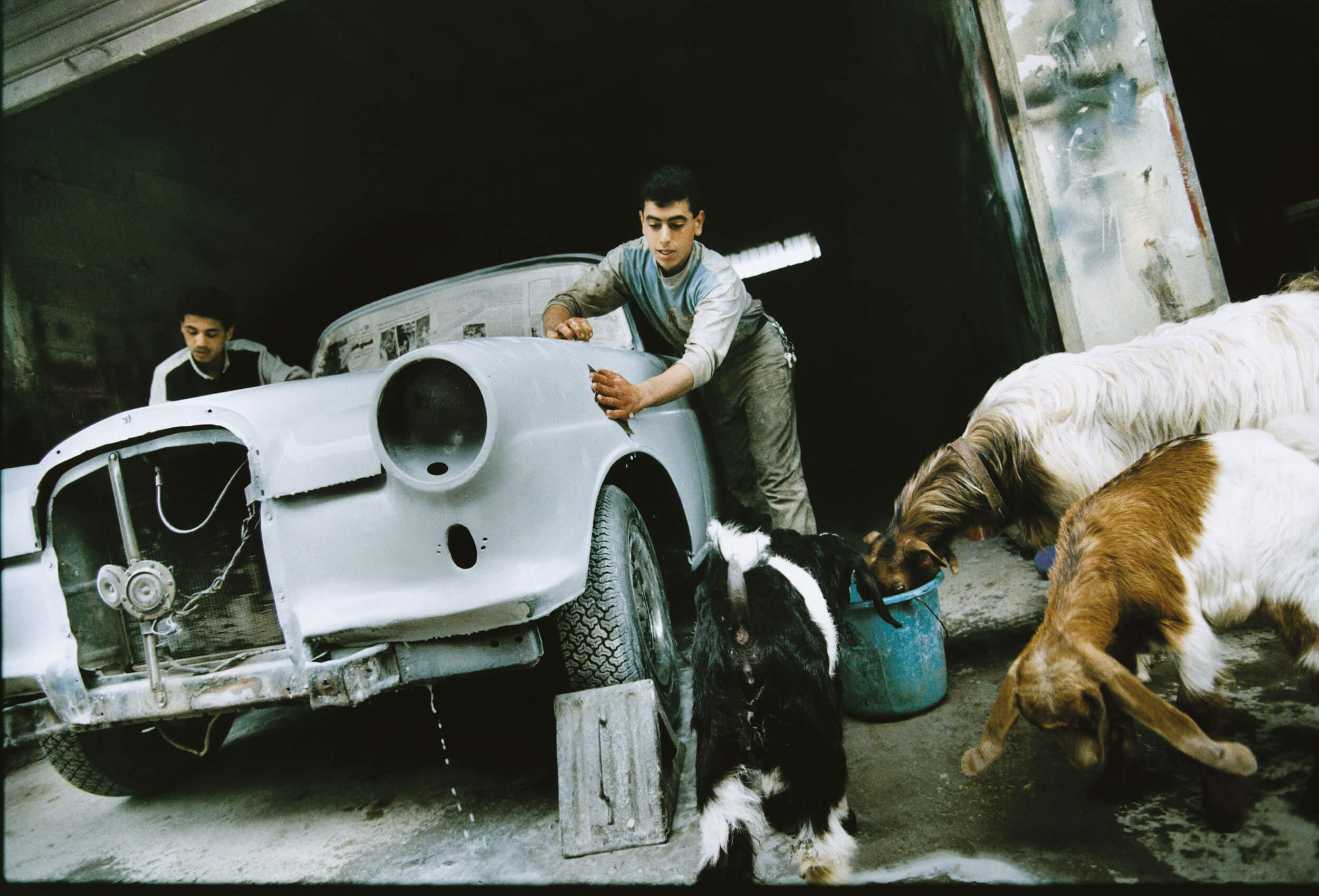
The refugee camp Nahr el-Bared in Lebanon.
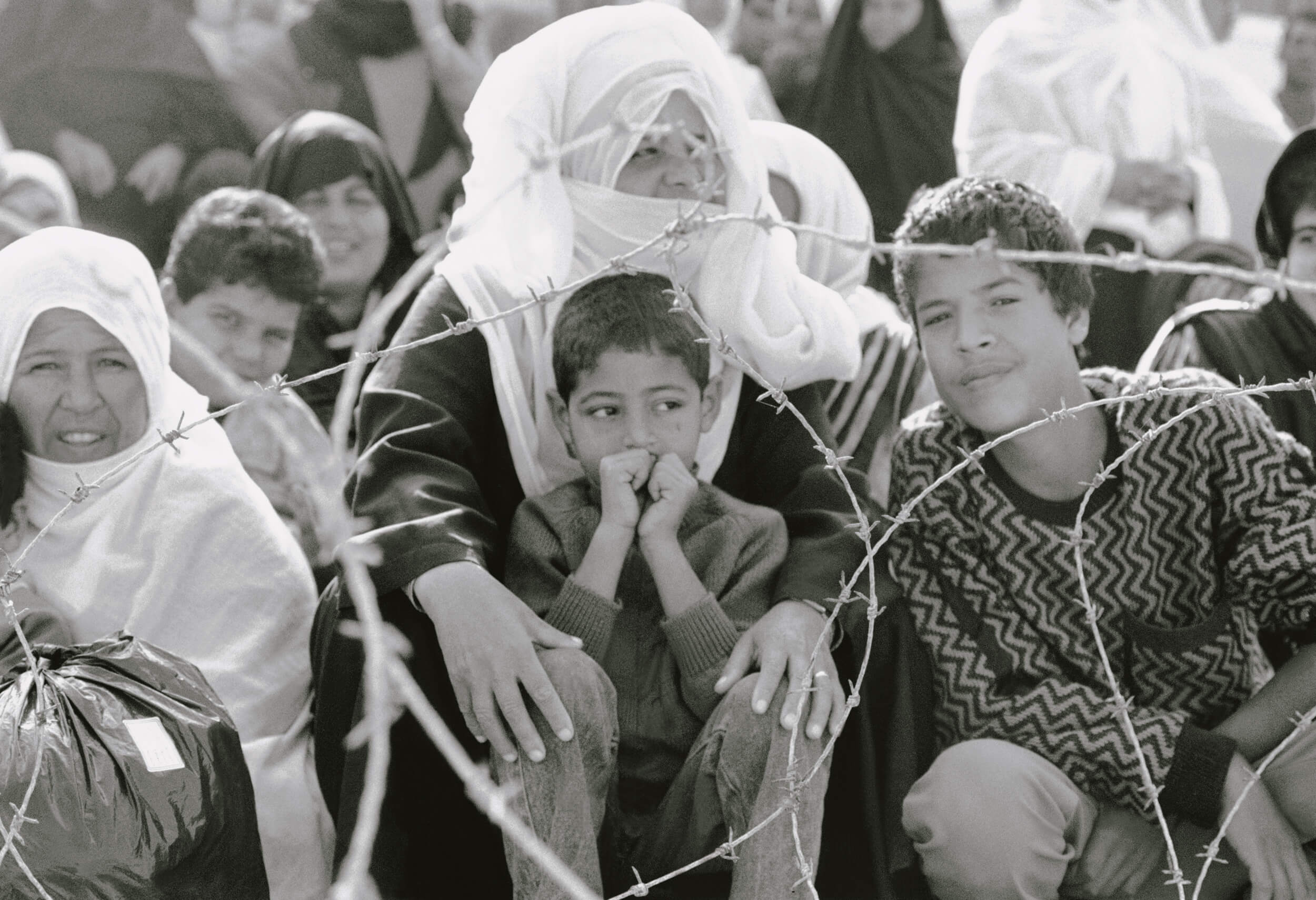
Palestinians in Gaza. First intifada.
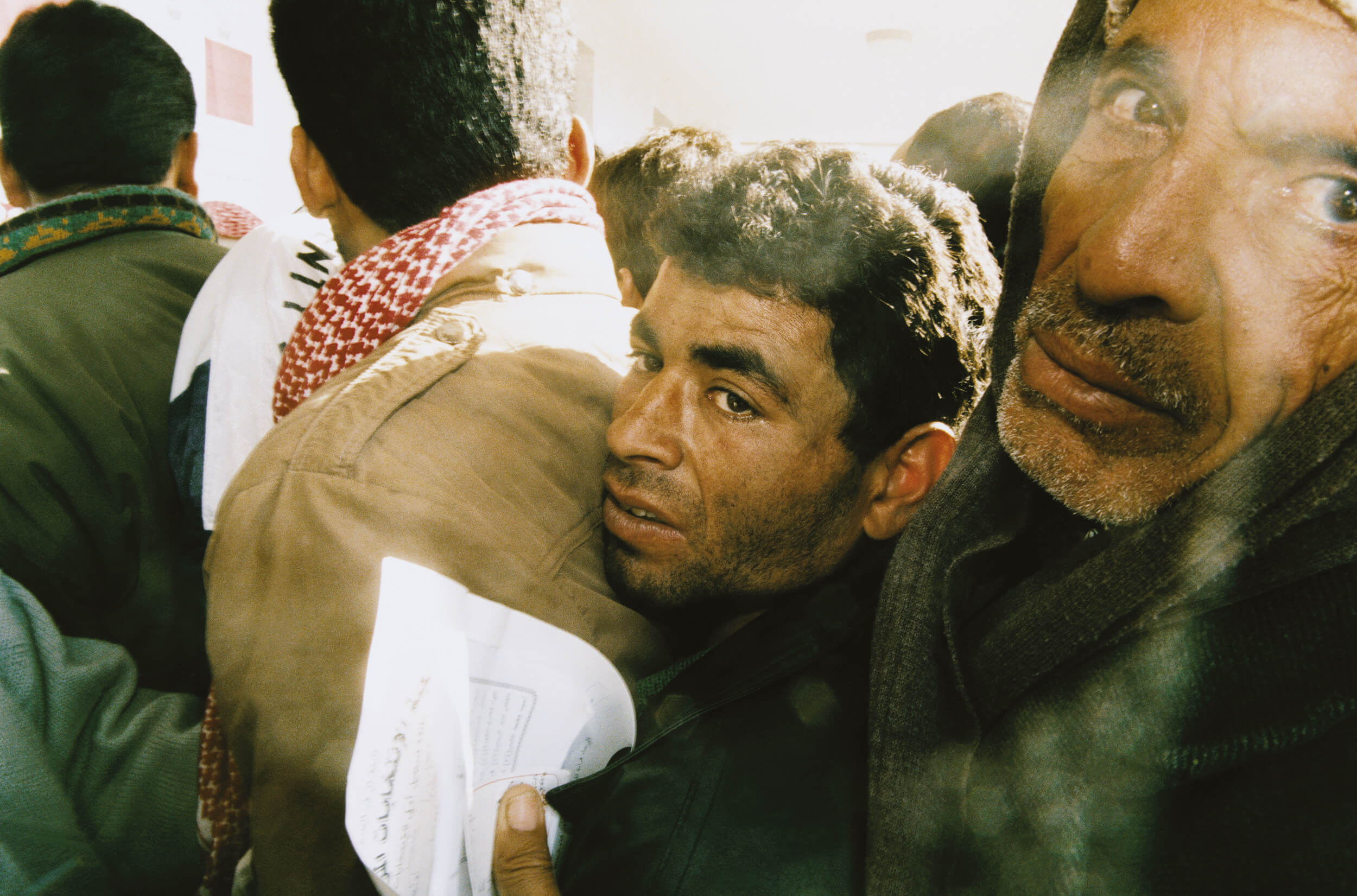
Gaza January 1996. Palestinians vote in the first Palestinian elections ever.
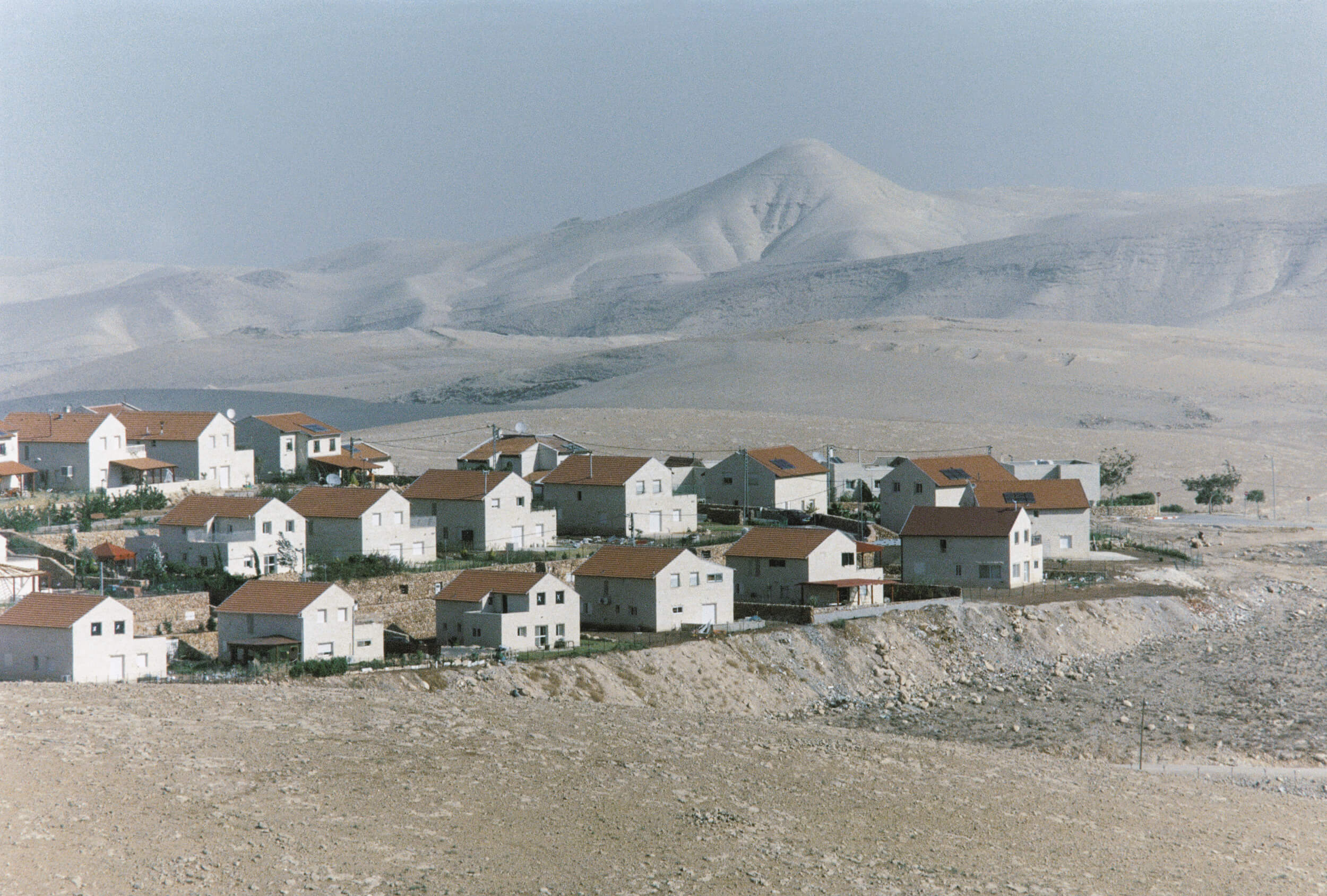
Westbank. The Israeli settlement Kedar
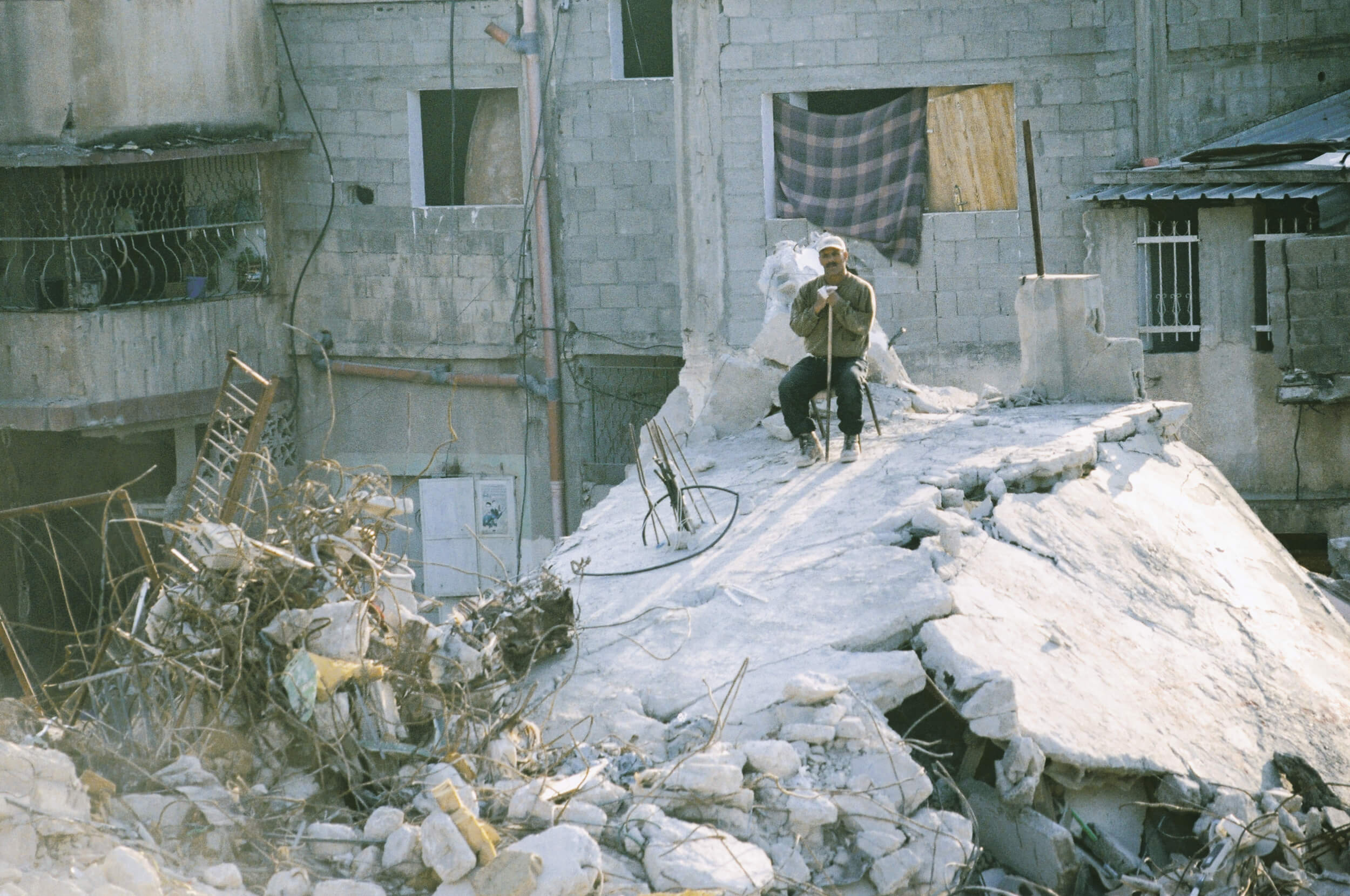
Jenin, after the siege of Israel.
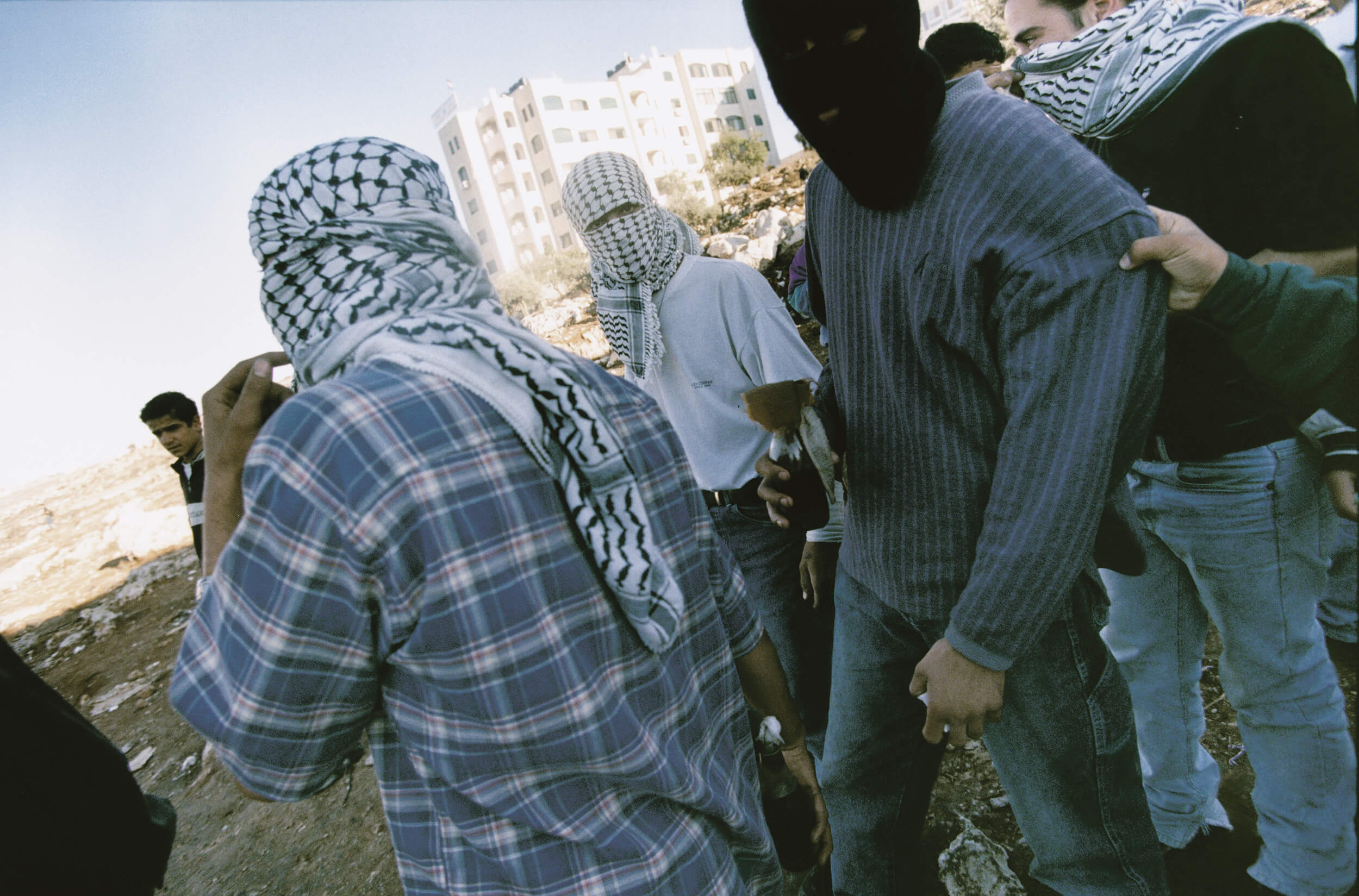
Ramallah. Second Intifada.
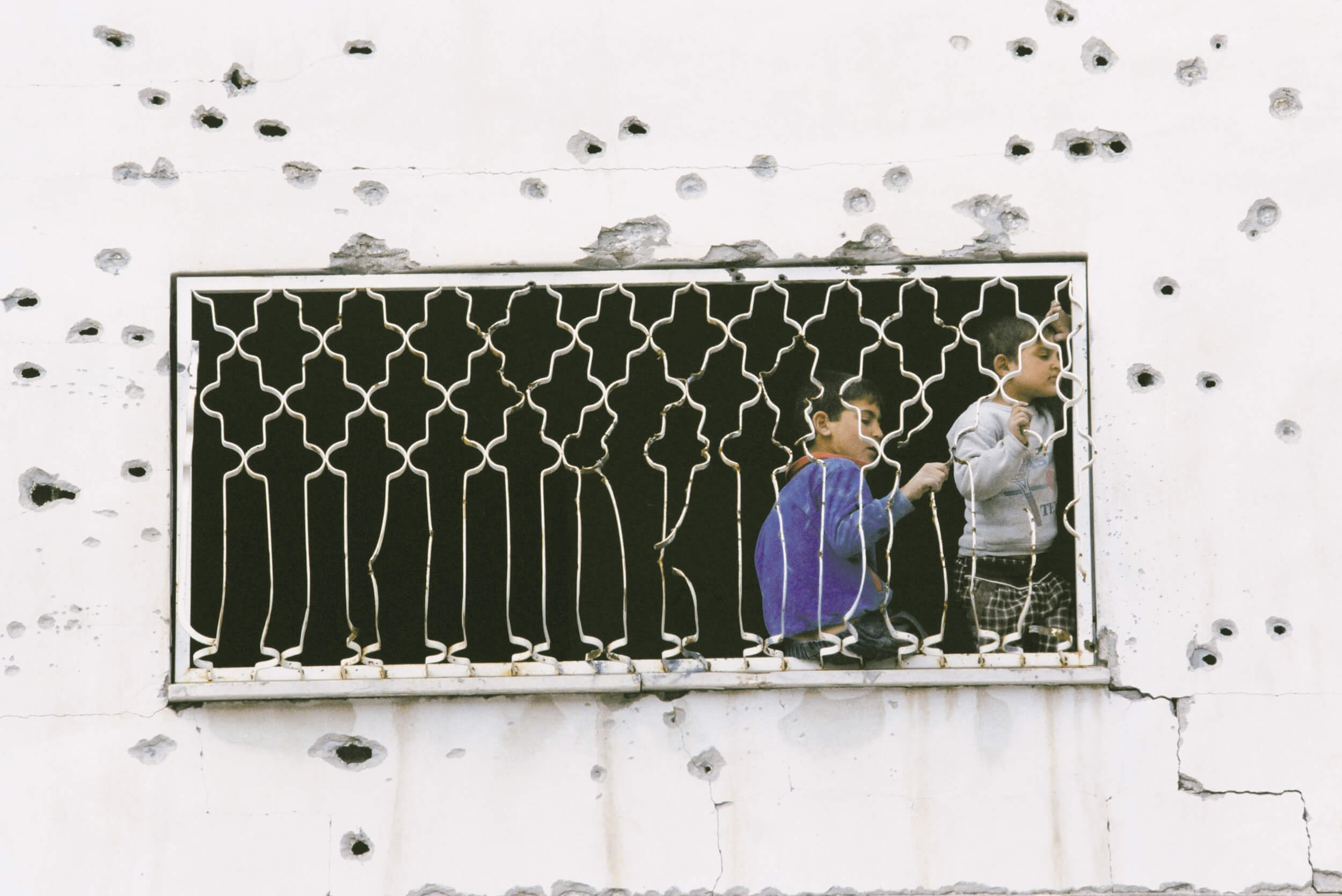
Jenin, after the siege of Israel.
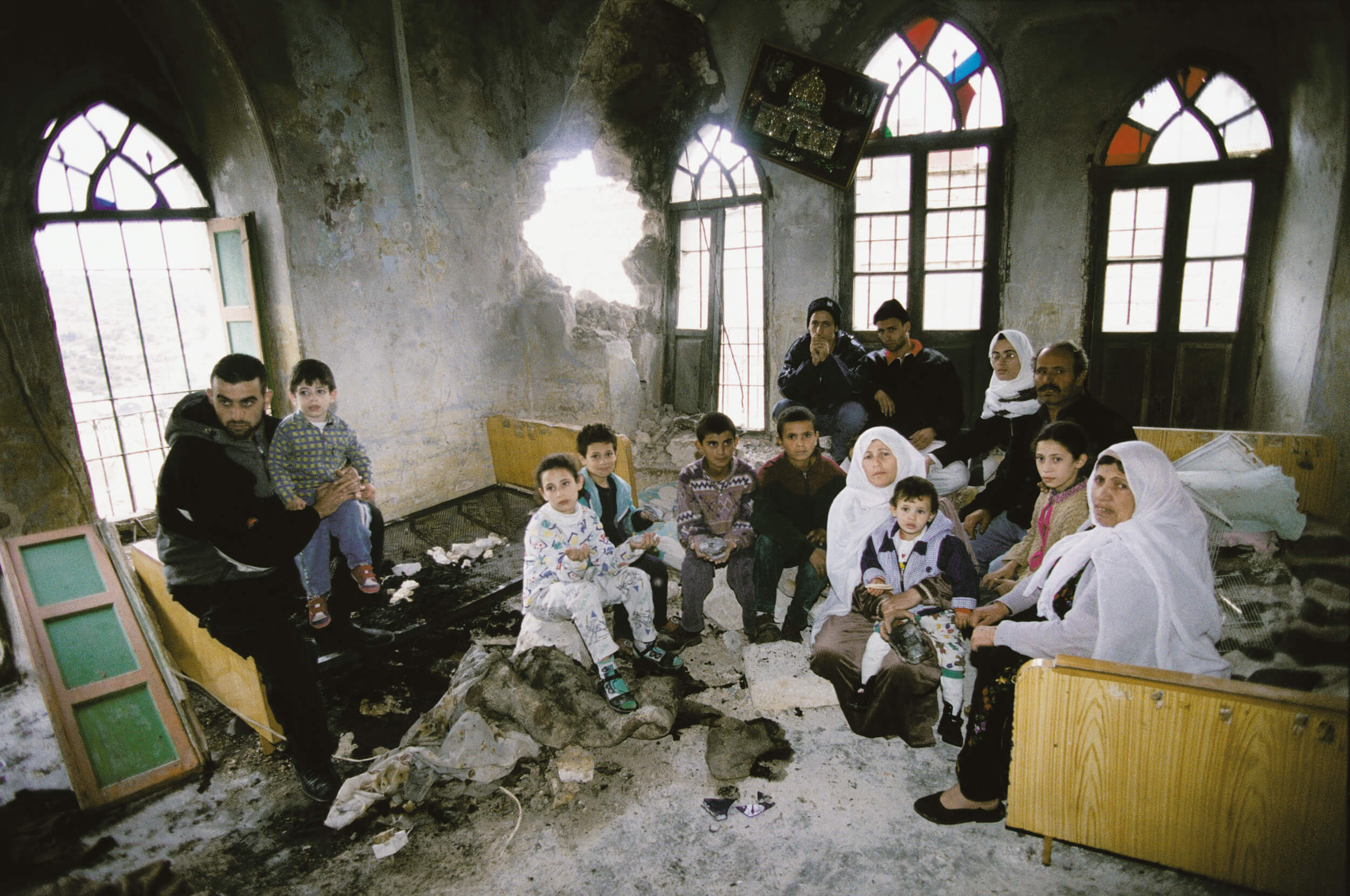
An Israeli grenade hit the bedroom of the family Hussein in Beit Jala. Second intifada.
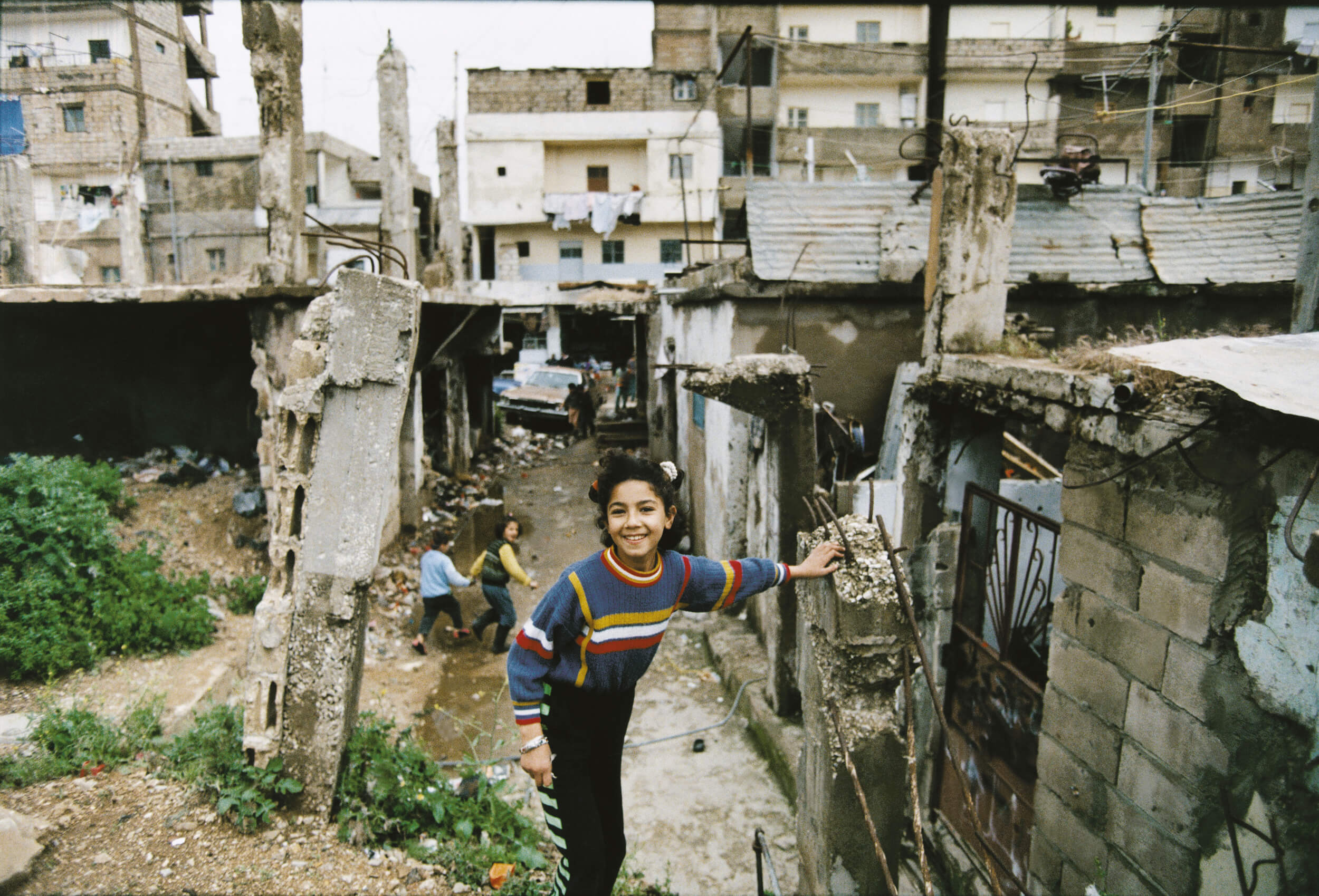
Lebanon. The Palestinian refugee camp Shatila in Beirut.
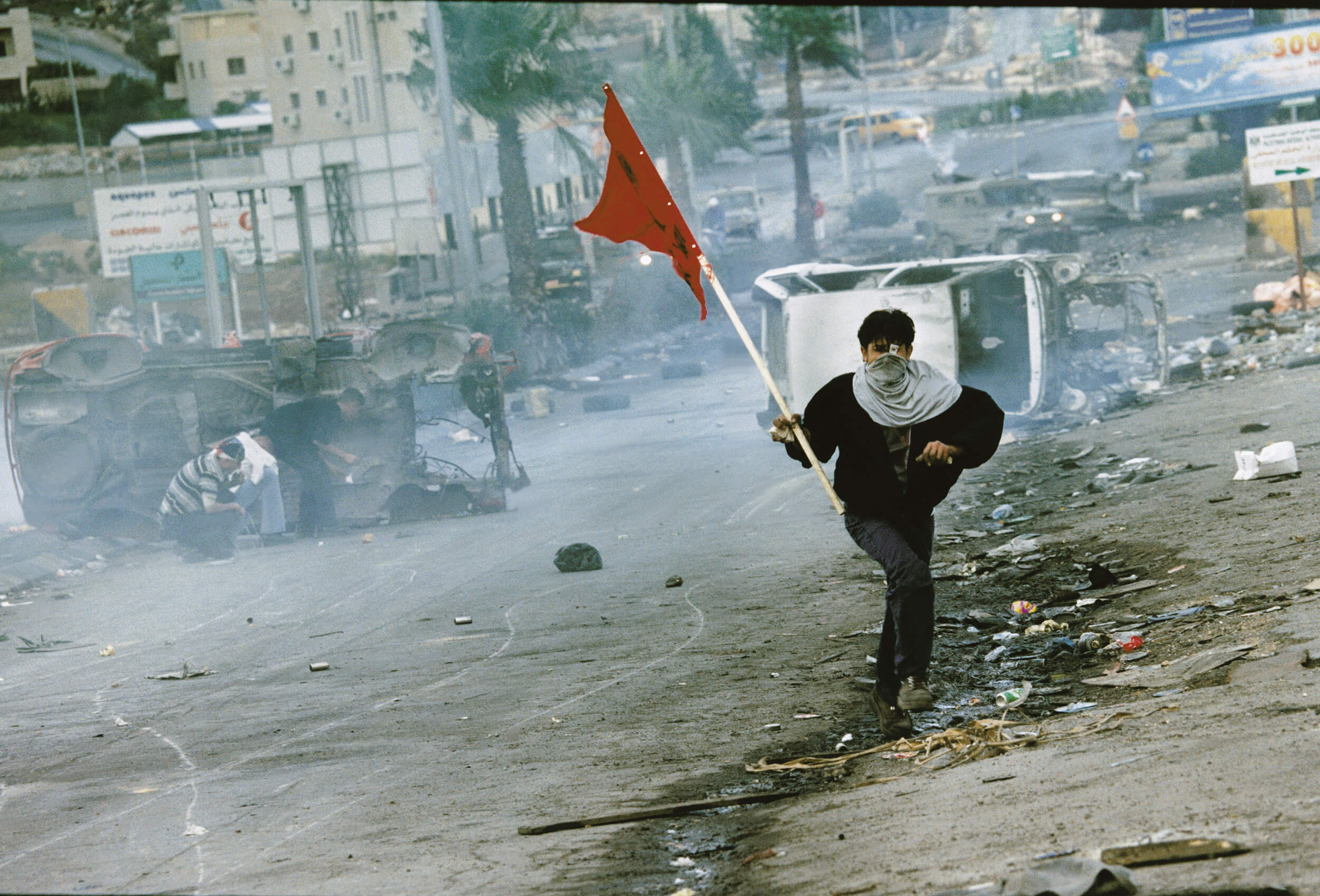
Ramallah. Second Intifada..
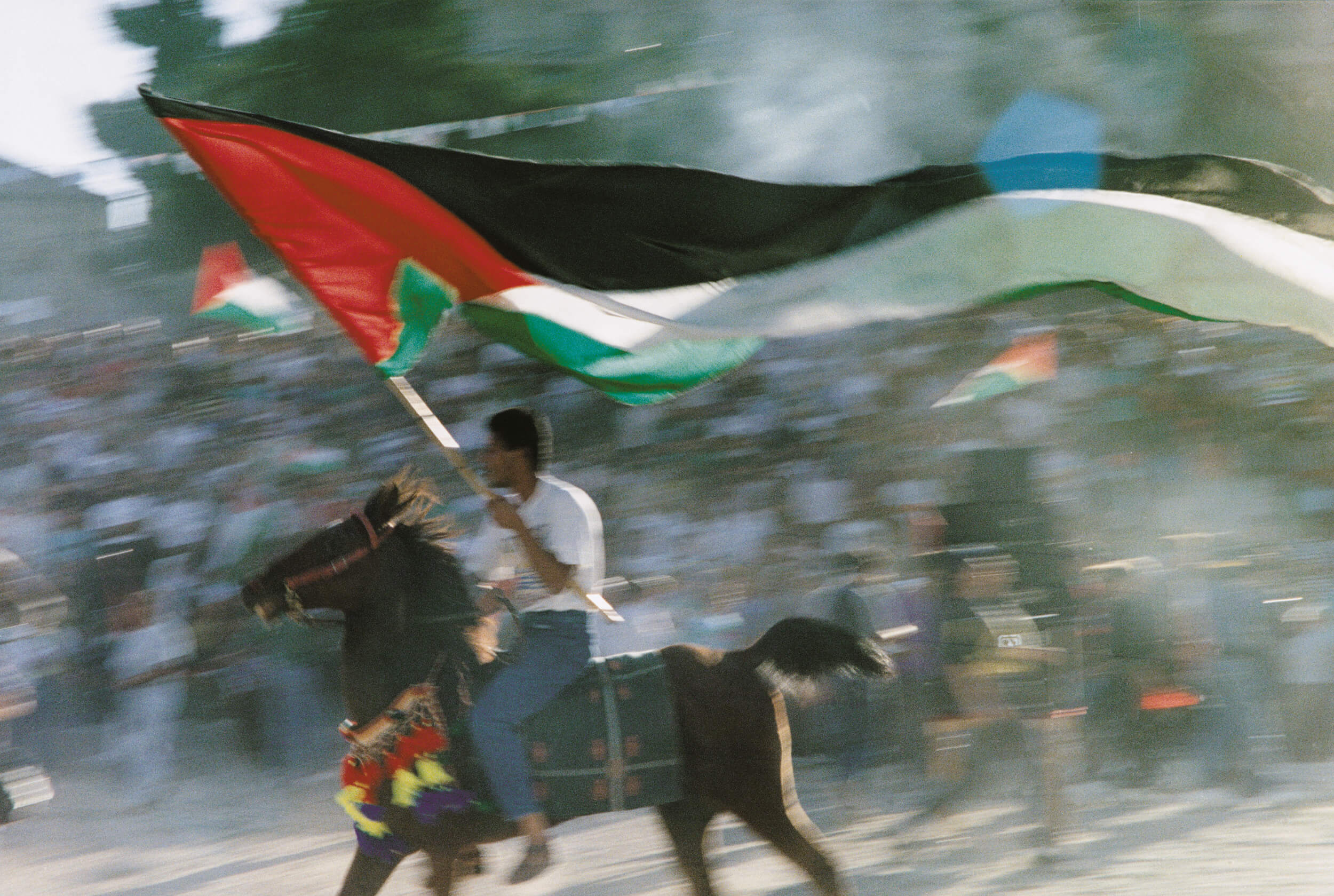
Jerusalem. Palestinians celebrate the Oslo agreement on September 13, 1993.
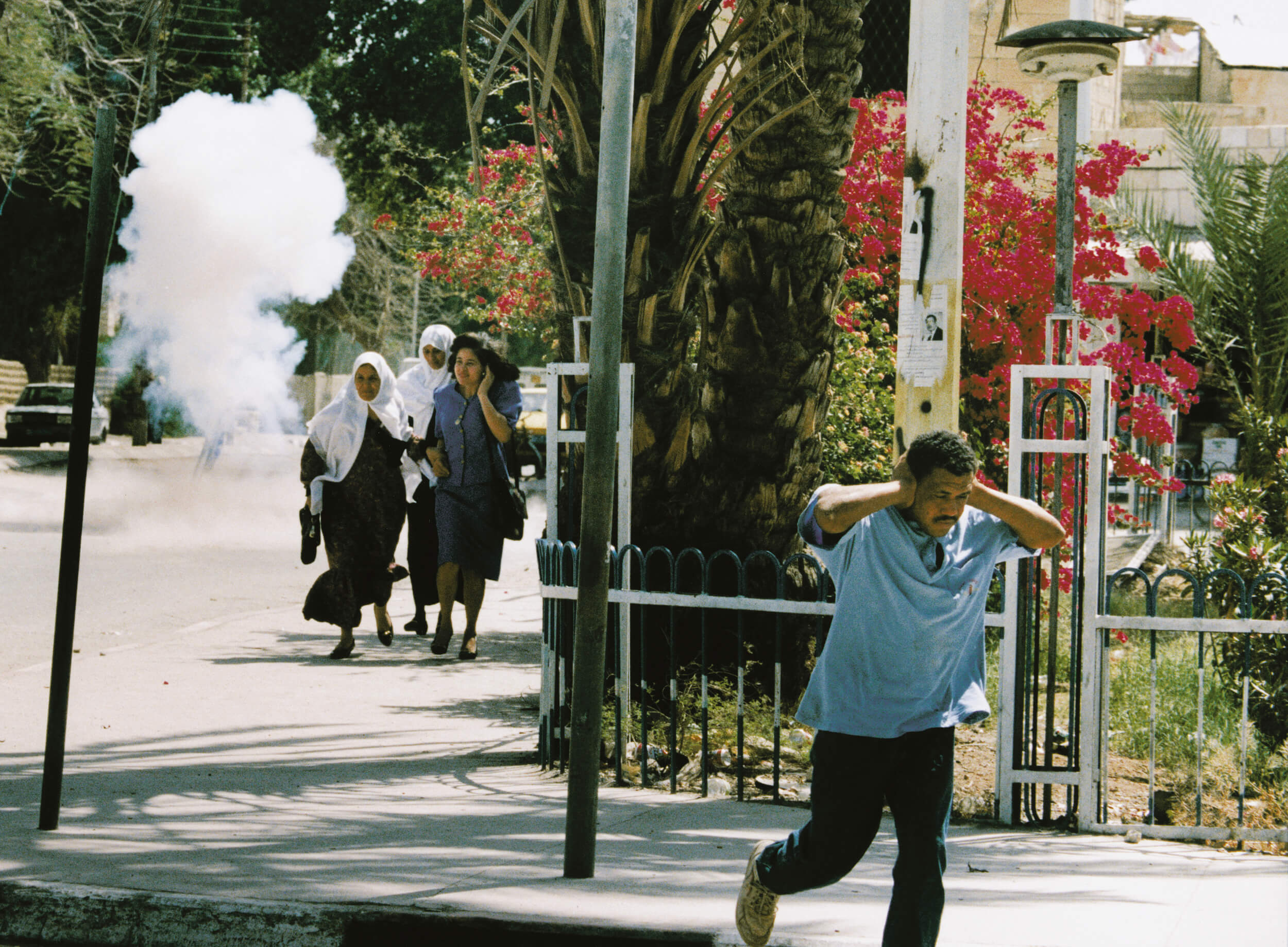
Jericho. Turmoil when Palestinians celebrate the Oslo agreement on September 13, 1993.
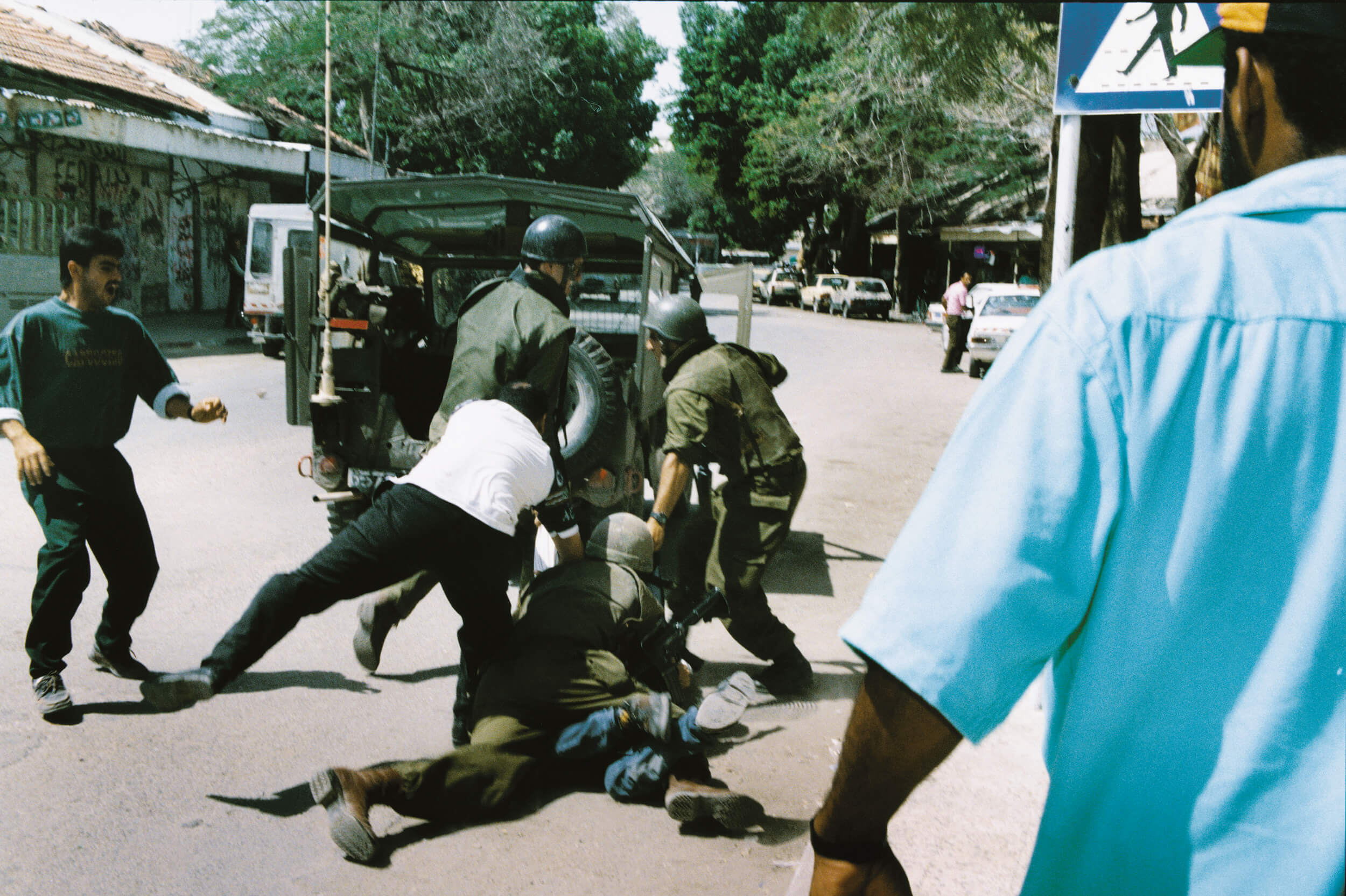
Jericho. Turmoil when Palestinians celebrate the Oslo agreement on September 13, 1993.
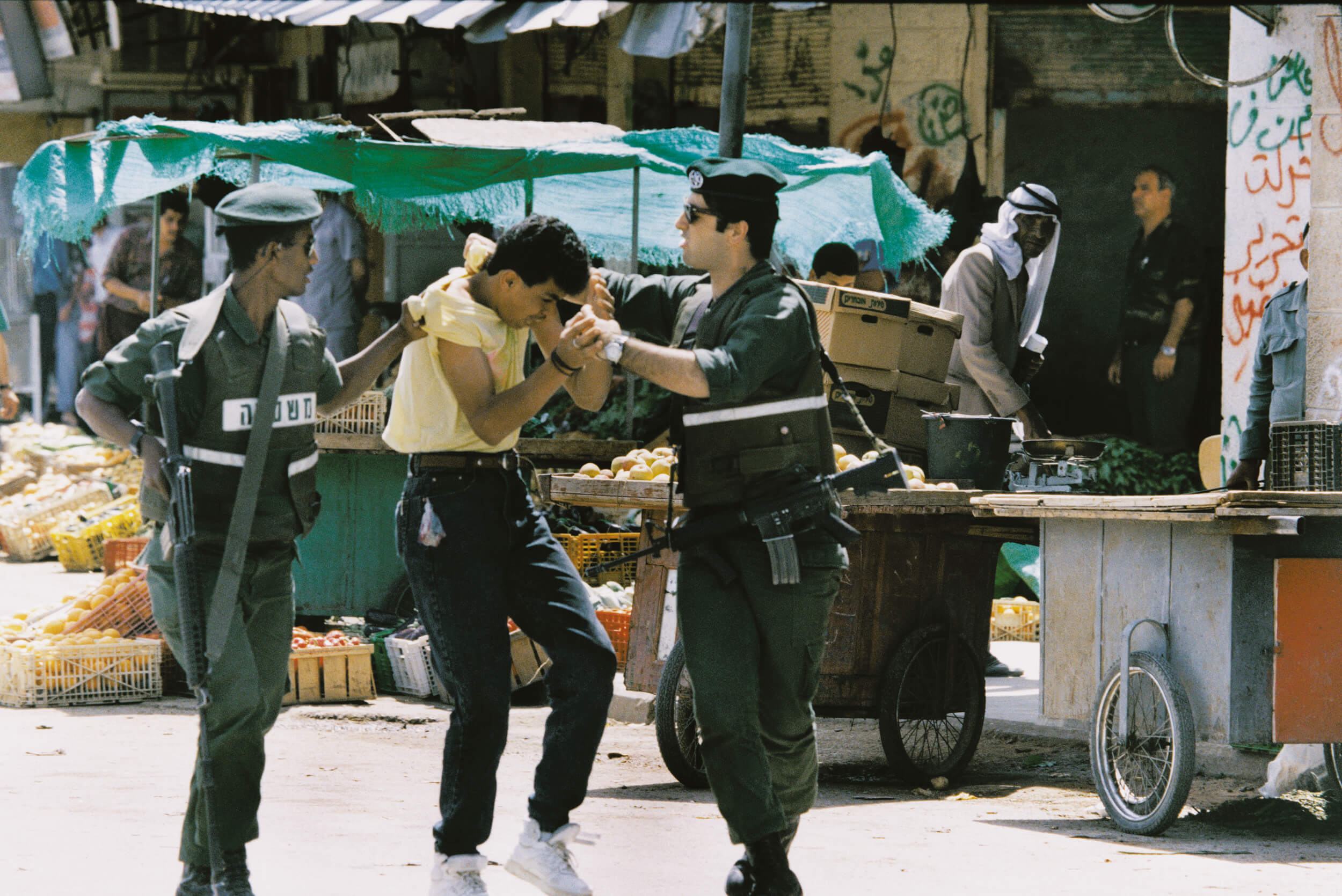
Jericho. Turmoil when Palestinians celebrate the Oslo agreement on September 13, 1993.
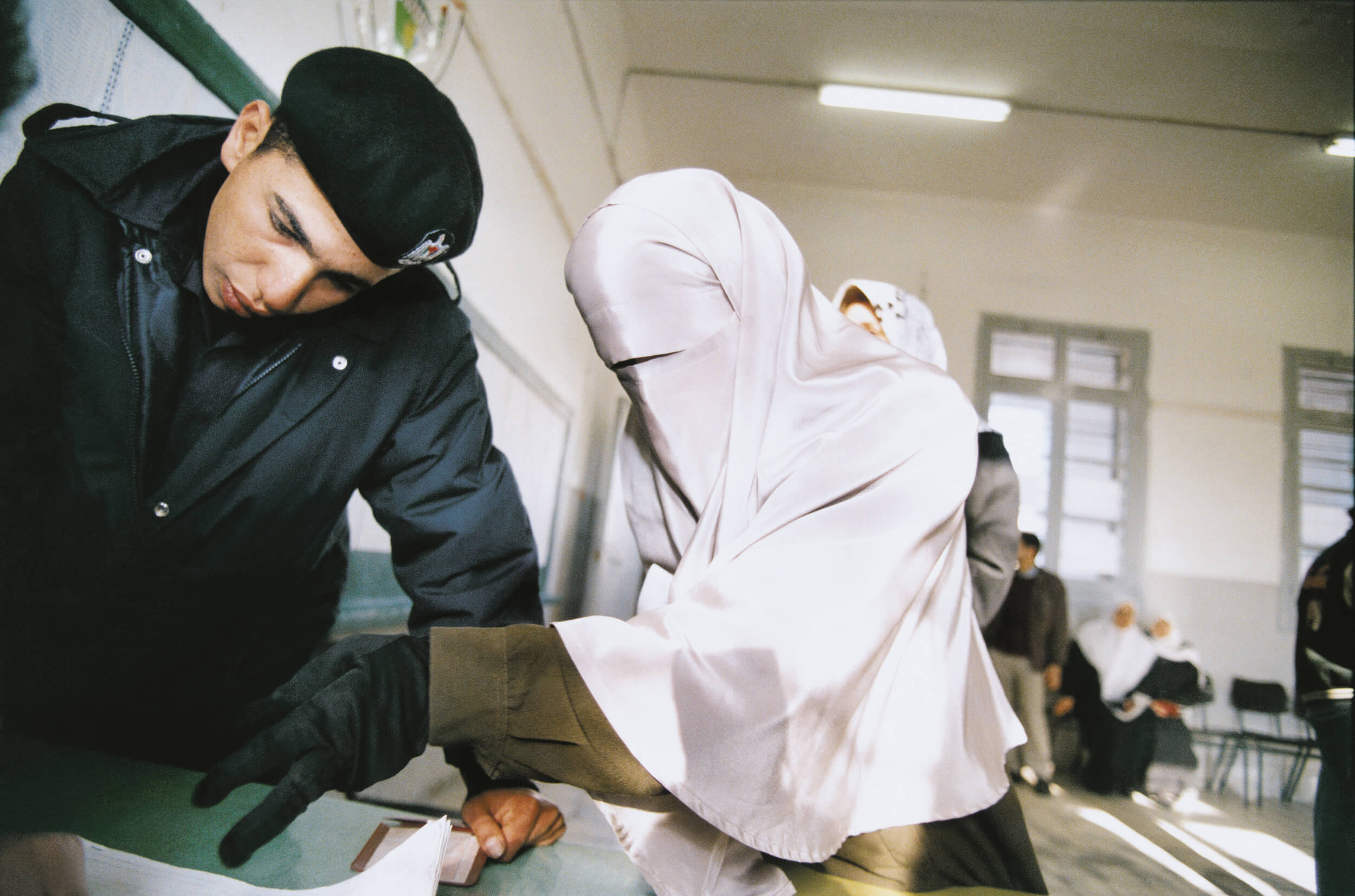
Gaza January 1996. Palestinians vote in the first Palestinian elections ever.
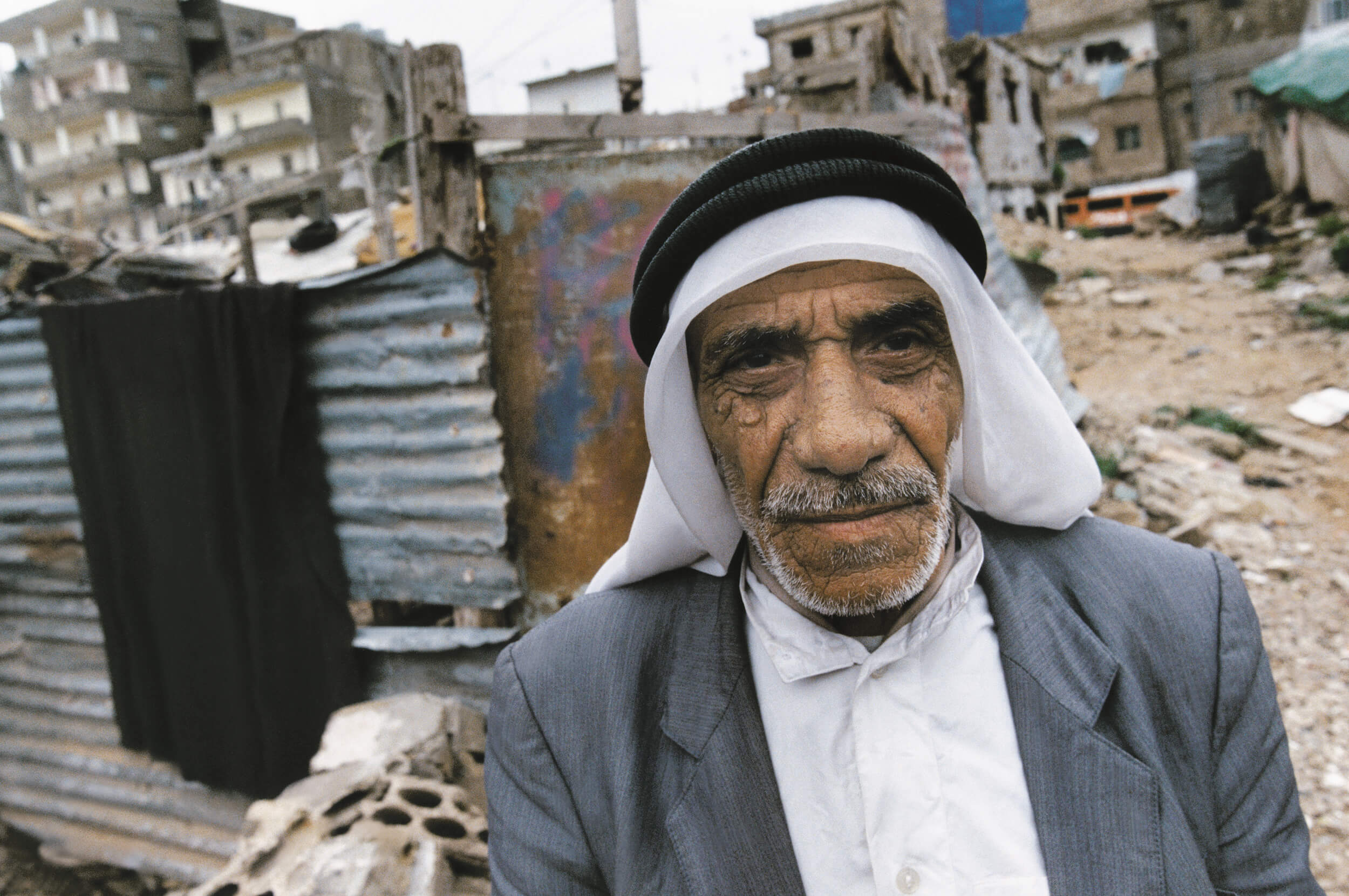
Lebanon. The Palestinian refugee camp Shatila in Beirut.
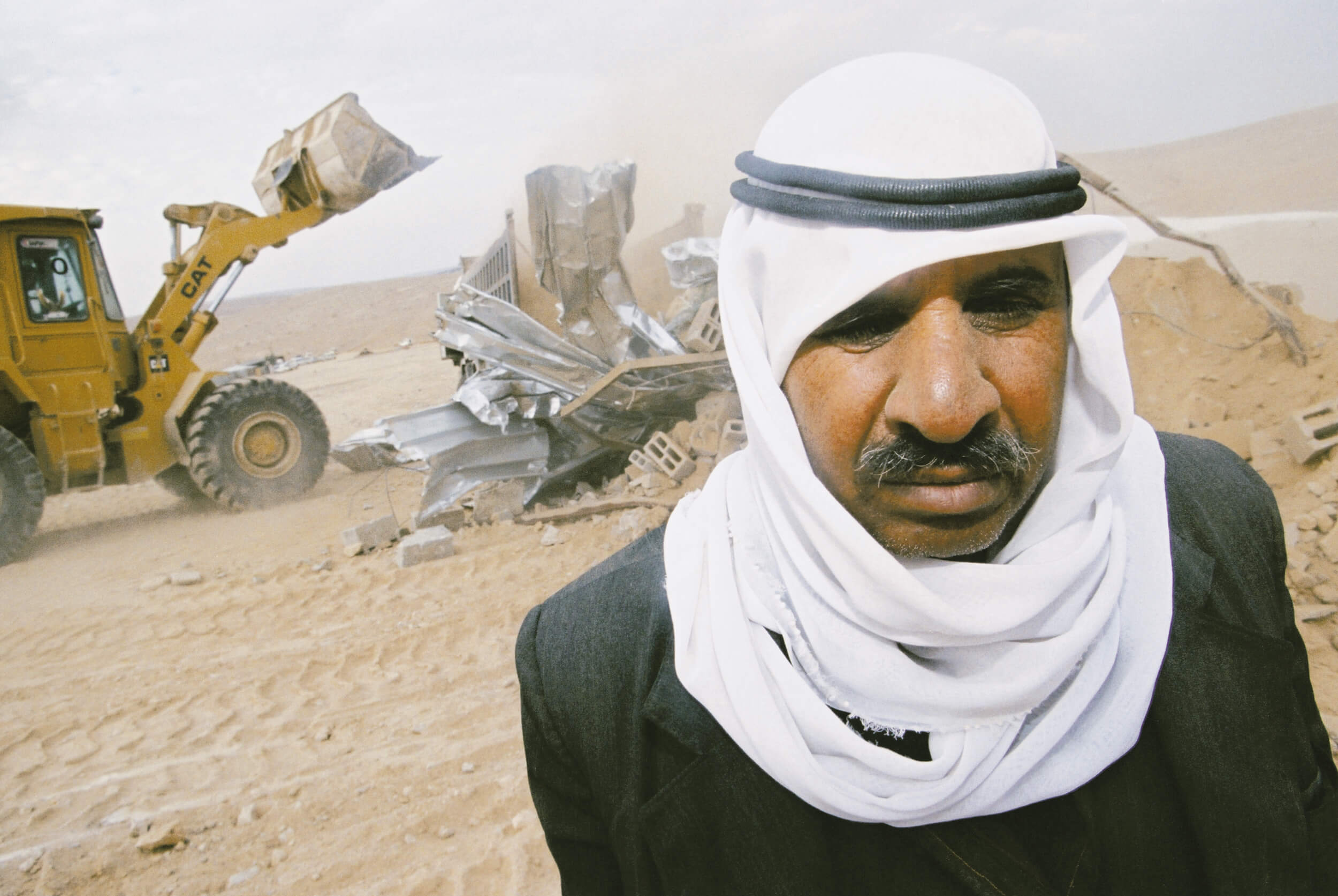
Israeli authorities demolish Bedouin's house.
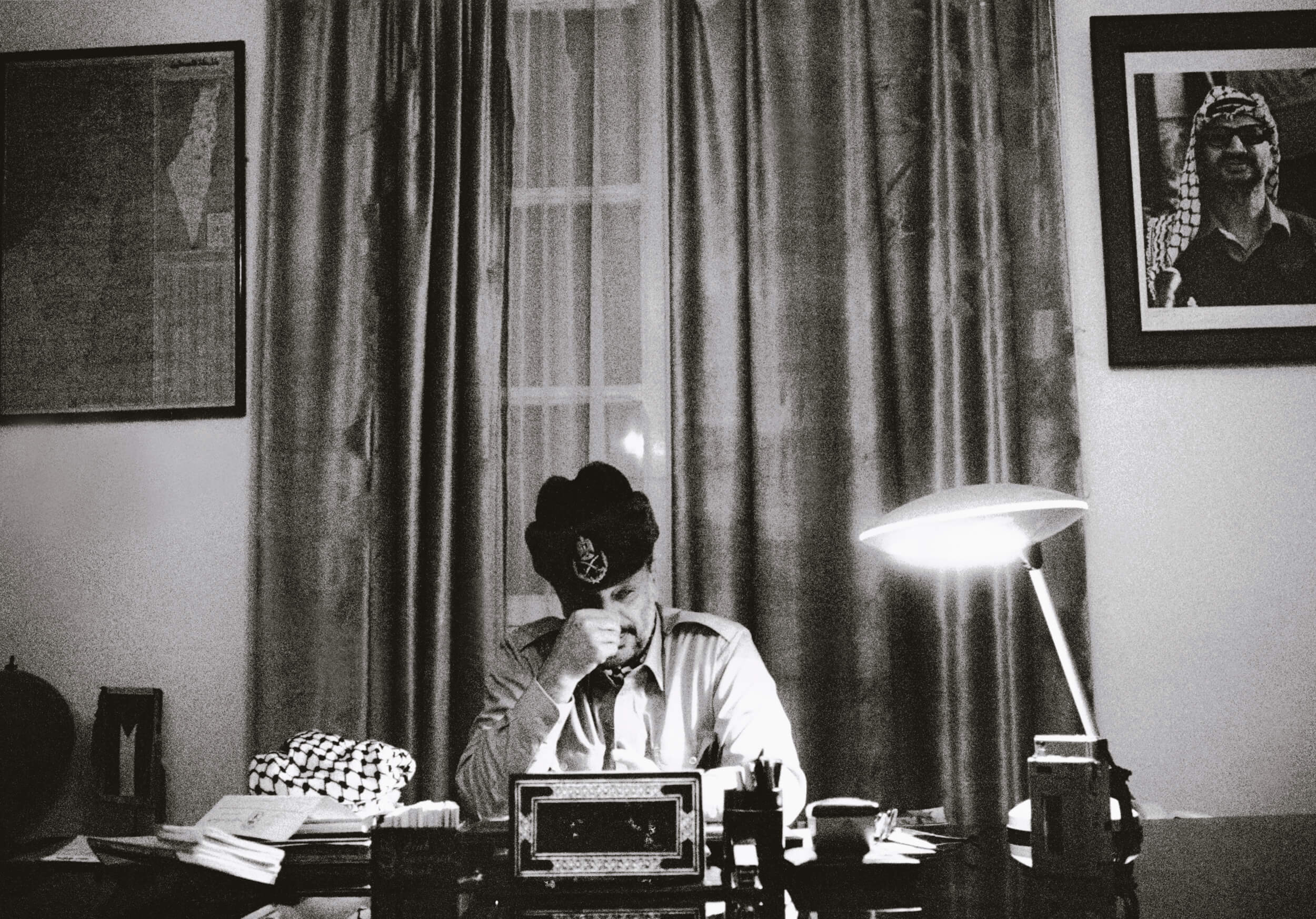
PLO Chairman Yassir Arafat in his head quarter in Tunis.
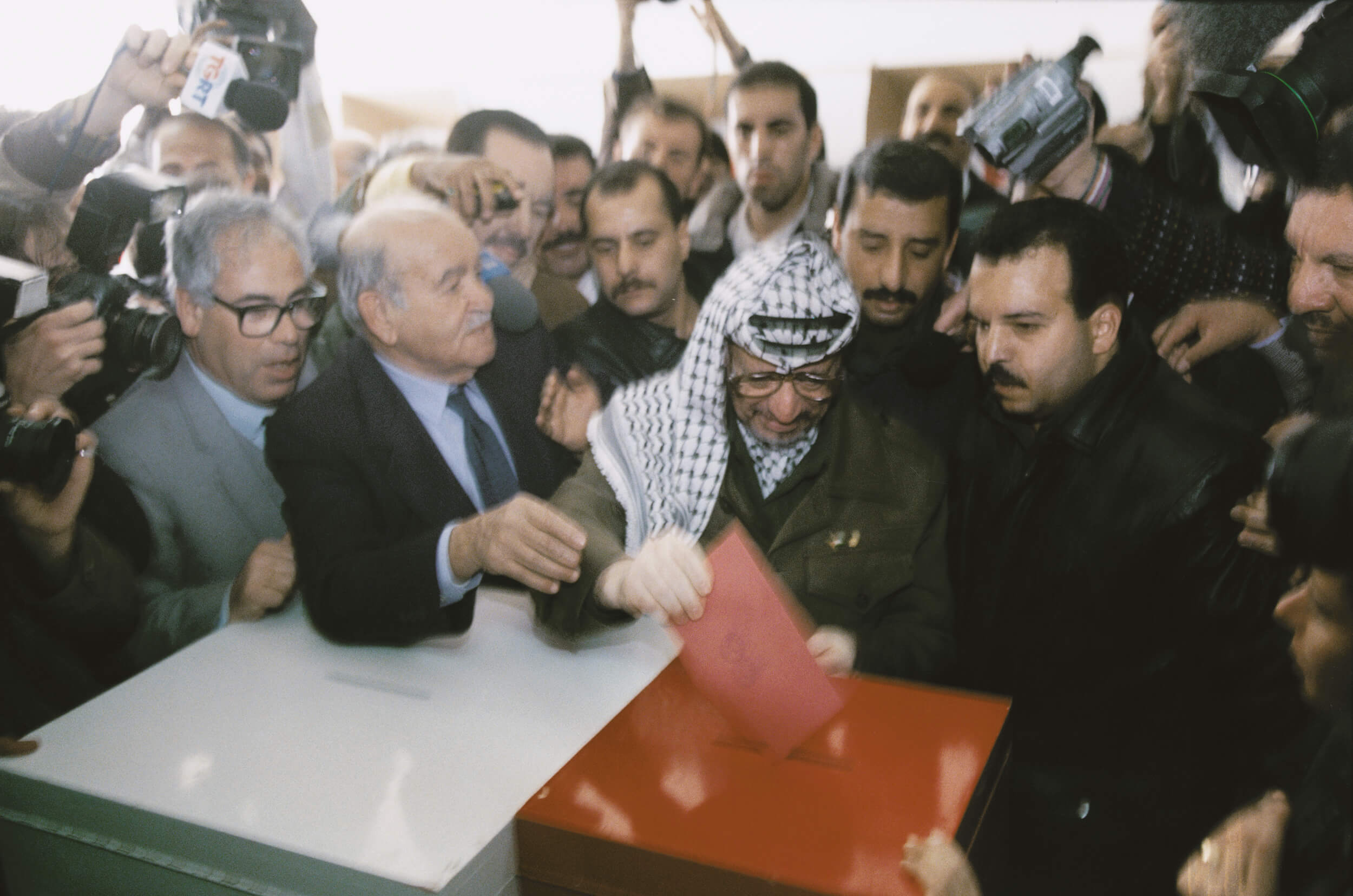
Gaza January 1996. PLO Chairman Yassir Arafat vote in the first Palestinian elections ever.
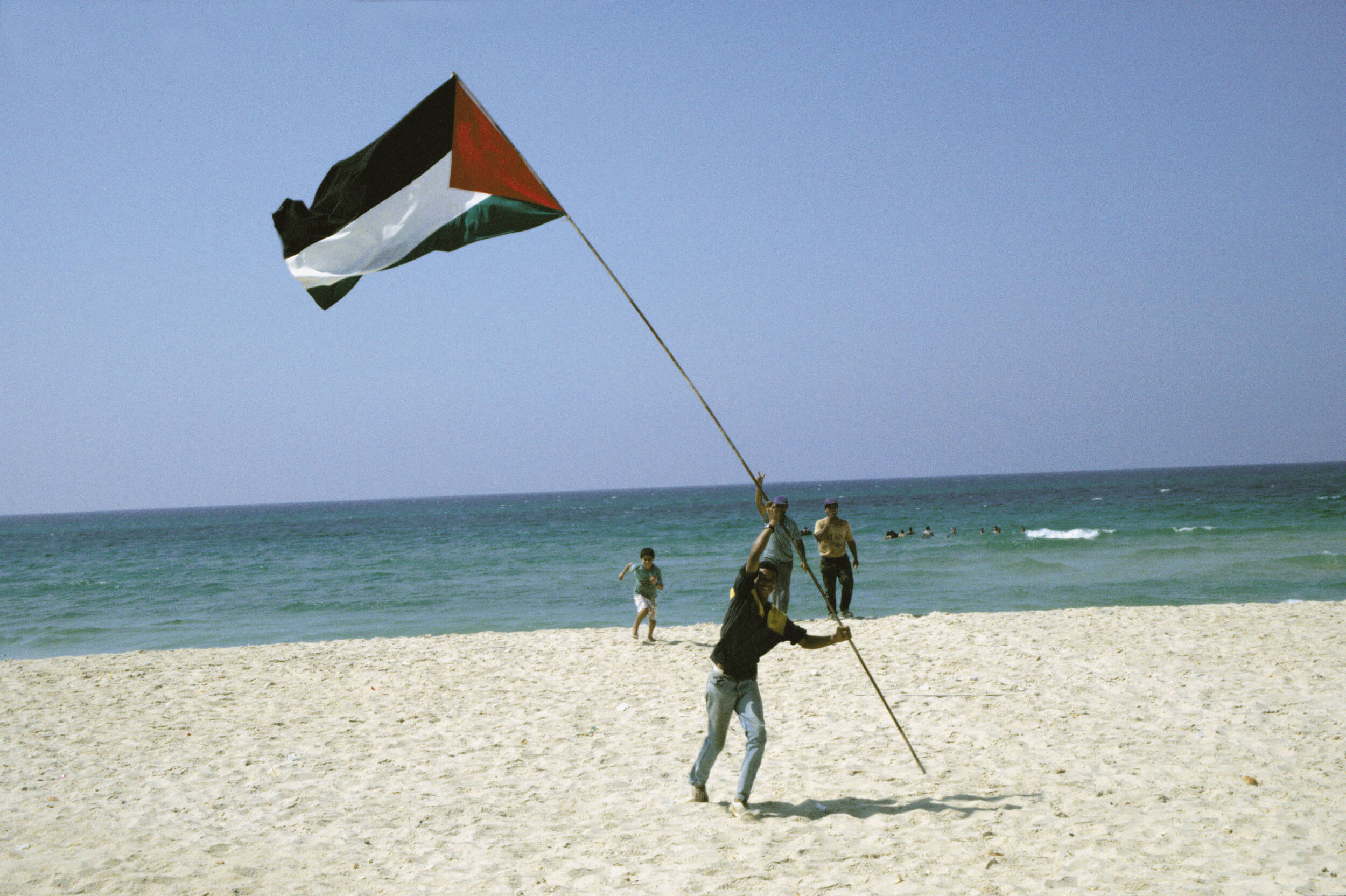
Gaza. Palestinians celebrate the Oslo agreement on September 13, 1993.
Inshallah
The telephone rang late in the afternoon of 10th December 1985. ’Come immediately,’ said the voice at the other end of the line in broken English. The call came from Arafat’s office informing me that our request for an interview had been granted. We were on the spot within 24 hours in the Tunisian capital, Tunis. The phone rang as soon as I walked into the hotel room. The voice at the other end told me that the interview would take place after midnight. ’You’ll get ten minutes with Chairman Arafat. Wait in your room and be ready.’ As the clock approached one-thirty in the morning I loosened my clothes and drank a glass of iced water. The phone rang once again. ’It’s time. Come down to Reception.’
The black limousine took us through the darkness, past road blocked streets towards an unknown destination. All we knew was that out there somewhere the notorious Yassir Arafat waited.
A short time previously an Israeli plane had bombed the Palestinian area outside Tunis. Nearly a hundred people had been killed and Arafat’s private residence lay in ruins, so the situation was tense.
When we arrived, the armed guards were barely visible in the weak light of the street lamps. It was obvious that inside there was something or someone worth guarding.
After a security check we entered the Palestinian Freedom Fighter’s centre and Arafat’s den.
The door was flung open and in came the legendary leader, praised by some as a freedom fighter and hated by others as a terrorist leader. The first thing he did was to notice my expanding waistline and, with a smile, comment that I ought to lose weight.
Thereafter followed a conversation that lasted nearly two hours. A meeting that was the beginning of the work on this book.
